A Couple of months back, during the BITD Parker 425 we spent an afternoon with David Nehrbass, leader of Motorsports Safety Solutions, a group of volunteers that keep us safe at all the off-road events in the US, we talked about who are they and what they do, meanwhile we took some photos of the safety vehicles and the equipment they always carry, so if you want to know a little bit more of the people always watching our backs during a race, here you go.
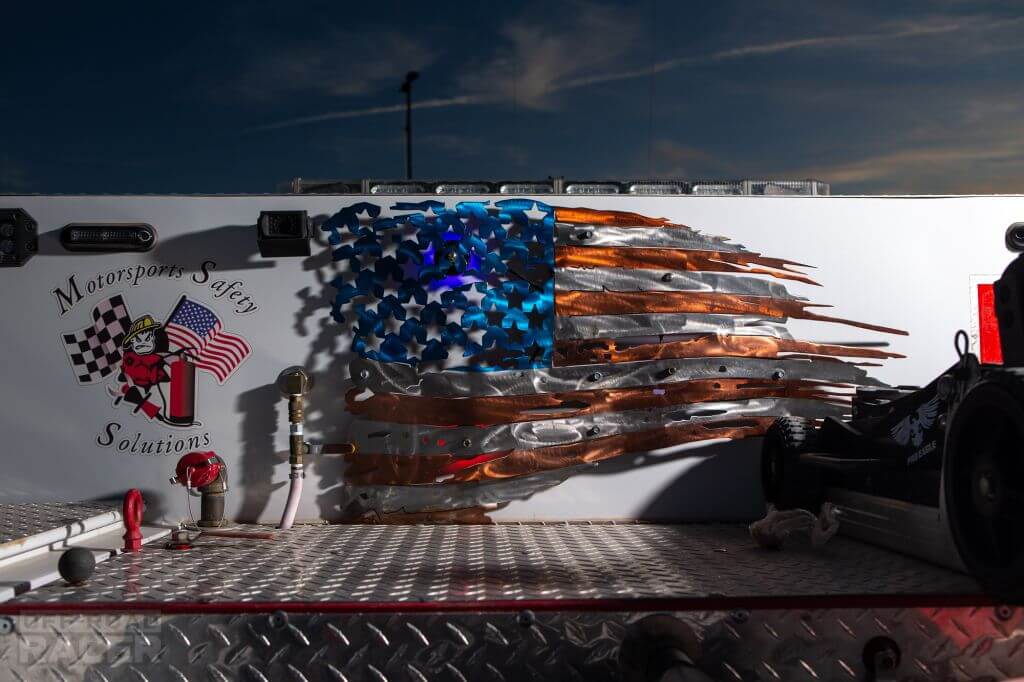
What is Motorsports Safety Solutions (MSS)?
David: Motorsports Safety Solutions is a team of volunteers that work with various race promoters to provide Fire, Rescue, Emergency Medical Services and Vehicle Recovery services for competitive motorsports events. We use our experience and knowledge of the off-road world to provide comprehensive event coverage, as well as planning and preparation to ensure we not only have excellent reactionary forces, but play key roles before the event in making sure we try and identify any hazards and challenges to limit injuries and incidents.
How long have you and/or MSS working on off-road safety?
David: My first off-road race was in 1996, working the Vegas to Reno for the late Casey Folks and Best in the Desert. Shortly thereafter I joined up with SNORE and SCORE as well volunteering as a race medic. Back then it was a very different program in which promoters put teams out there and on occasion gave them a few dollars for gas. In 2007, I made the decision to formally organize our own team that could dedicate to certain promoters and follow entire series. This allowed us to be better equipped, better prepared with experienced team members and better covered from a liability stand point.
What are the preparations/backgrounds for a MSS safety crew?
David: Our team is an amazing diverse group that can take their specialties and passions and form a very well rounded team. I previously worked for over a decade for an ambulance service prior to starting MSS. We have other team members from Fire Fighters, to Law Enforcement Officers, to Nurse and Doctors. We also have a large portion of the team that works outside public safety in Fabrication, Mechanics, Tow Drivers, and all kinds of other skills, but share the passion of helping others and carry certifications for EMS skills on the side. We have team members like the Hartmetz’s that have been involved in off-road for 40 years in various roles and some that have attended their first race just this year. When someone decides they want to join our crazy family, we try and have them shadow a more experienced team until we are confident in their abilities and experience.
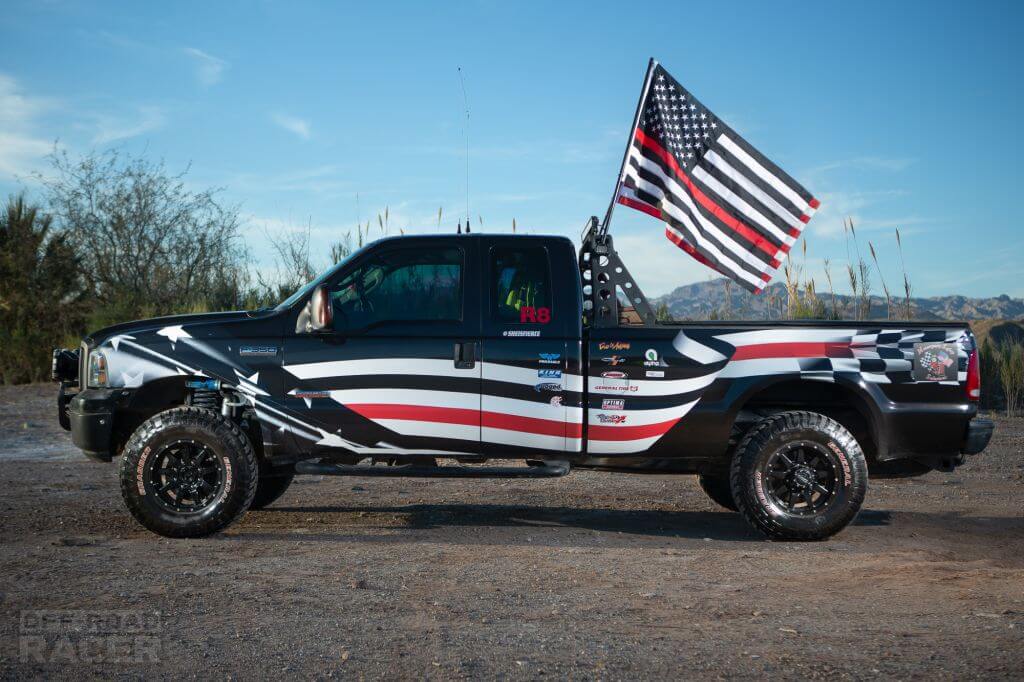
Can you give us a quick explanation how your team plans the logistics for a race?
David: Our team is always changing and this year with the expansion of our team roles we have had 56 active team members. That number varies every day and every event. That gives us a great pool to pull from at most events. We also have people that are race specific for a specialty event like Vegas to Reno. Vegas to Reno with 14 pits, start and finish lines, remote areas and roving teams take not only our teams but we have relationships with many local area EMT,s and Medics throughout the Vegas to Reno course. These members are essential for the success of the Vegas to Reno as this is in their communities and where they are familiar with access and responses. Each race is looked at closely nearly a year in advance, (often right after it’s run the previous year) to determine necessary resources and notes are made on what we need to add to an event. In the event of a new event, we always over staff and over deploy teams regardless of expense to ensure we are over prepared and then can adjust as necessary. We start with a baseline of a team in every pit area and the start and finish lines. Then we look at key points and remote areas and make decisions from there. We also have a minimum of 2 but up to 5 roving teams that can respond to hot spots or problem areas, and not only provide additional resources but also work to remark course and or remove hazards in a particular area.
We have done events with 2-4 team members for our friends at the MRAN series and up to this years largest deployment of 56 for the 2020 Mint 400.
We consider ourselves part of the race promoter team, and our involvement is for the entire event. From when they start applying for permits, to preplan meetings, to race day activities and post-race reviews. We are not a show up on race morning and sit in the pit and wait to hand out Band-Aids kind of team.
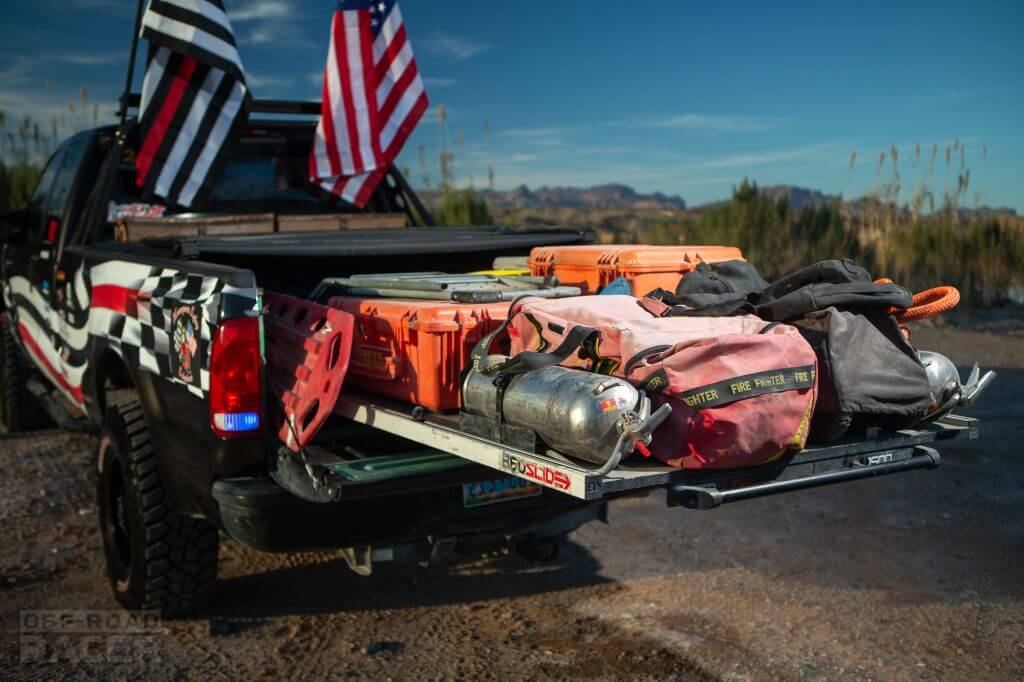
What are the tools MSS have in their safety vehicles?
David: We have incredible diverse tools and equipment in our vehicles. All of our teams at a minimum carry, first aid kits, fire extinguishers, tactical recovery equipment supplies ropes and shackles, ActionTrax Recovery Boards, communications, basic hand tools, and automated external defibrillators. However, many of our teams also carry more advanced medical equipment, power tools, and more advanced recovery equipment. We also have 8 battery powered hydraulic tools and a couple gas operated hydraulic tools on some of our trucks. Our heavy rescue trucks, Rescue 1 and Rescue 2 also carry 50 gallons water combined with FireAide foam for fire suppression as well as the ability to on site fill foam handheld fire extinguishers if they get used. We have also built a few specialty vehicles such as our Rapid Response Polaris General UTV that was donated by Racer, Alex Kollitz and his wife Caryn after a near fatal accident a few years back. We also operate a Motorcycle team for single track motorcycle only events.
Is there something we should improve in the off-road industry/racing in terms of racing safety?
David: This is the biggest area that my team wants to be a part of. We have been working to get the pieces in place including training, insurance, and teach supplies in order to offer the off-road community some specific training opportunities. After every race we see videos that come out from minor injuries, fires, or other safety topics that we believe our team can help improve on. As the largest off-road safety team, we would like to get more involved with race teams all over and provide simple training each year for teams. We feel like we could provide CPR, Basic First Aid, fire extinguisher and some basic pit safety classes in a day to teams and get everyone more familiar with the hazards, the risks and most importantly, the solutions when there is a problem.
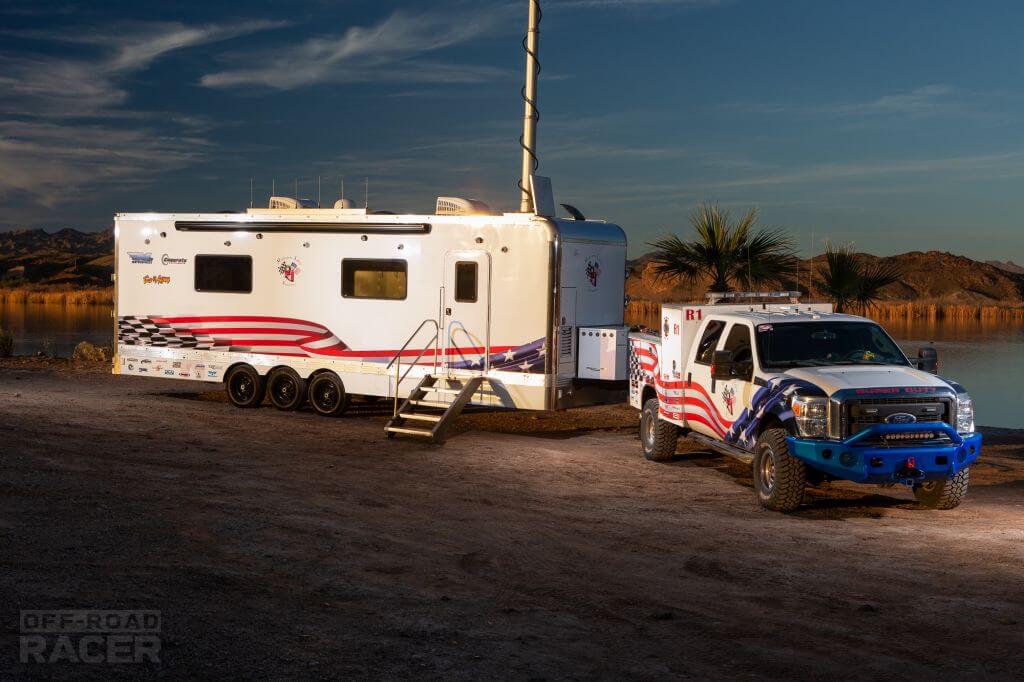
How can the off-road community help to increase safety during the events?
David: Promoters in general have analyzed many of the risks that can impact the sport. From fire extinguisher requirements, to safety gear, to simply how you pit a vehicle and fuel a hot race car. Their business relies on that. If teams familiarize themselves with the rules and regulations, perform routine maintenance on every aspect of their gear including fire extinguisher servicing and are prepared to use it in the situation, many events would be safer. Every aspect of this sport has a danger or risk associated. We have had injuries just getting the car off the trailer, to rolling through tech. From stepping up a berm to climbing out of a chase truck. It isn’t always the high speed spectacular rollover that creates injuries, it is just taking those minutes to make sure you are doing it as safe as possible throughout your race. At the end of the day, every race is just that a race. It has nothing to do with the rest of your life and getting home to your families.
Part of the attraction of motorsports in general is the closeness to danger, reducing the danger factor reduces the excitement for racing. Could off-road racing be as safe as possible but keeping part of its danger nature alive or it will be become something completely different in the name of safety?
David: Part of the appeal of off road for some is that you can never truly make it “safe”. I could have teams every mile of a 500 mile course and people will still get injured. Having response teams does not make the event safer. It minimizes the hazards when they happen. That is why Motorsports Safety Solutions prides ourselves on being part of events in pre planning and even in the rules implementation for the series. We can mark or remove hazards but we will never remove the ability for racer to avoid them. We can mandate safety equipment to the highest levels but extreme incidents, will still result in extreme consequences. The area we can control is the spectators, staff, and even the media that are in hazardous situations. I think with the amazing improvements in live streaming, and amazing equipment that can practically put you live in car for a race, we should focus more and more on spectator safety where we can. Racers want to demonstrate their machines and skills and it should never have them wondering if they hit or injured someone at the end of their day.
How we can support MSS?
David: MSS for the most part is supported very well by the promoters that we are honored to serve. They take care of all of our operating expenses, equipment upkeep, insurance and event costs. What we do lack is continued upgrades of equipment and adding new vehicles. If you look at the two trucks we built in 2017 and 2018, fully equipped we had to raise over 125,000.00 for each truck and the equipment in them. We were very fortunate but the reality is that each year we should be adding a new dedicated purpose built rescue truck to serve the off road community. We have some great product sponsors in companies like Carli Suspension, King Shocks, Utilimaster, Deaver Suspension, Optima Batteries, Rugged Radios, General Tires, Trailready Wheels, Johnson Emergency Equipment and KC Hilites that make sure when we start a build that we have the best products to make the truck work for us in the extreme environments. But there is still a massive cost for the vehicle and many of the parts we use to make them functional and reliable. Add defibrillators, medical gear, and hydraulic extrication tools and easily $20,000 is spent in minutes. Through Best in the Desert, when racers sign up online there is an optional donation line for our team. This is the easiest way for teams to donate when they sign up. We also are always looking for more product sponsors as well as some team sponsors that will allow us to add additional equipment. Last year when we asked the off-road community for help for new extrication tools, Concrete Motorsports, Sam Berri, Alexander Racing, Baldi Racing and God is Awesome were there for us and in turn helped the rest of the community. Mills Motorsports, God is Awesome and Concrete Motorsports helped us greatly with our new first aid station / command trailer that we now have at all large events to not only aid in communications but also act as an on site first aid and triage area. We would love to find some more teams to partner with us on some specific projects.
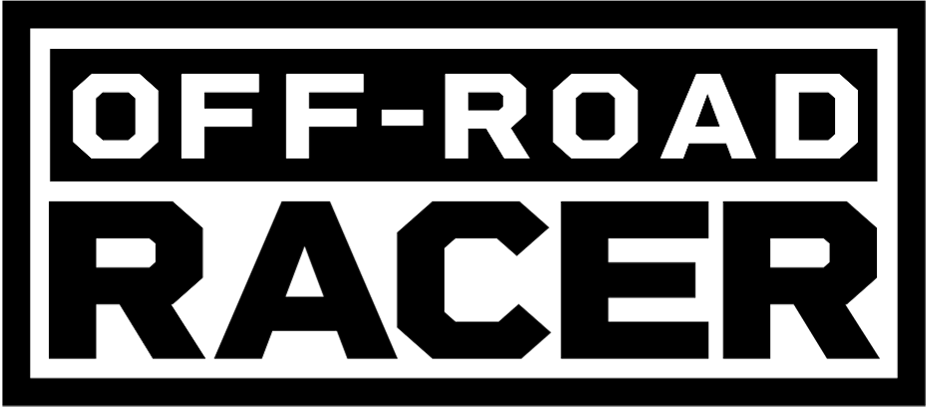
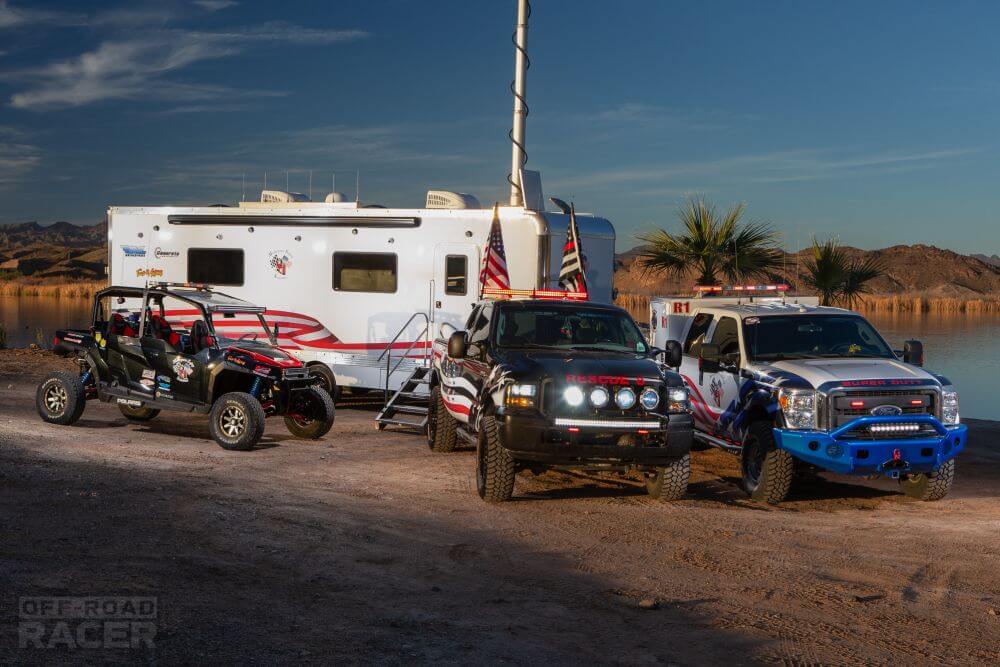
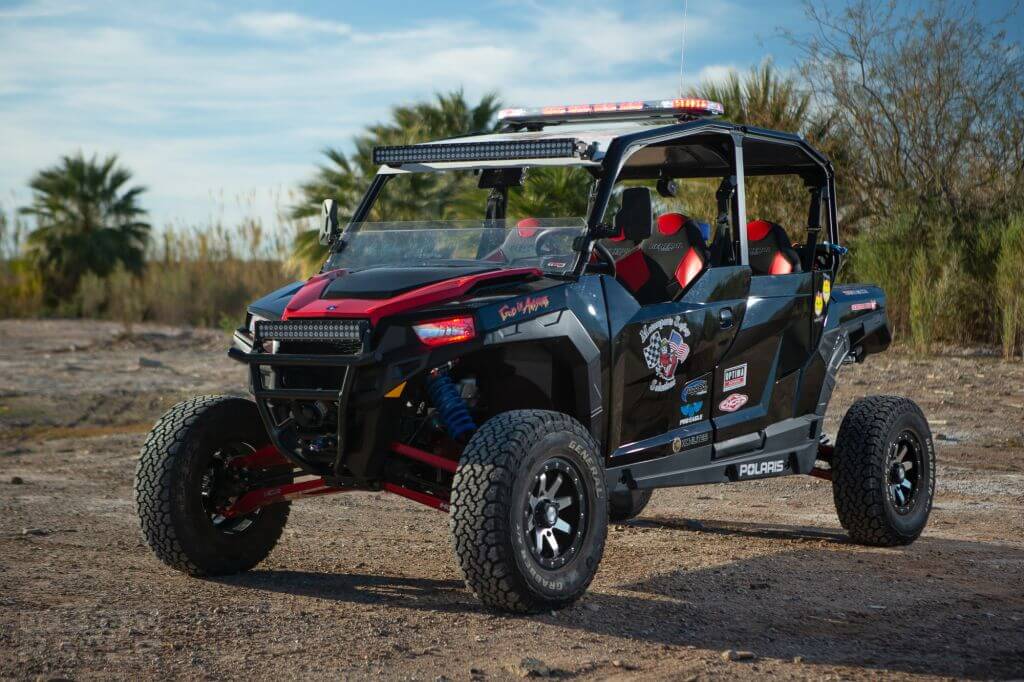
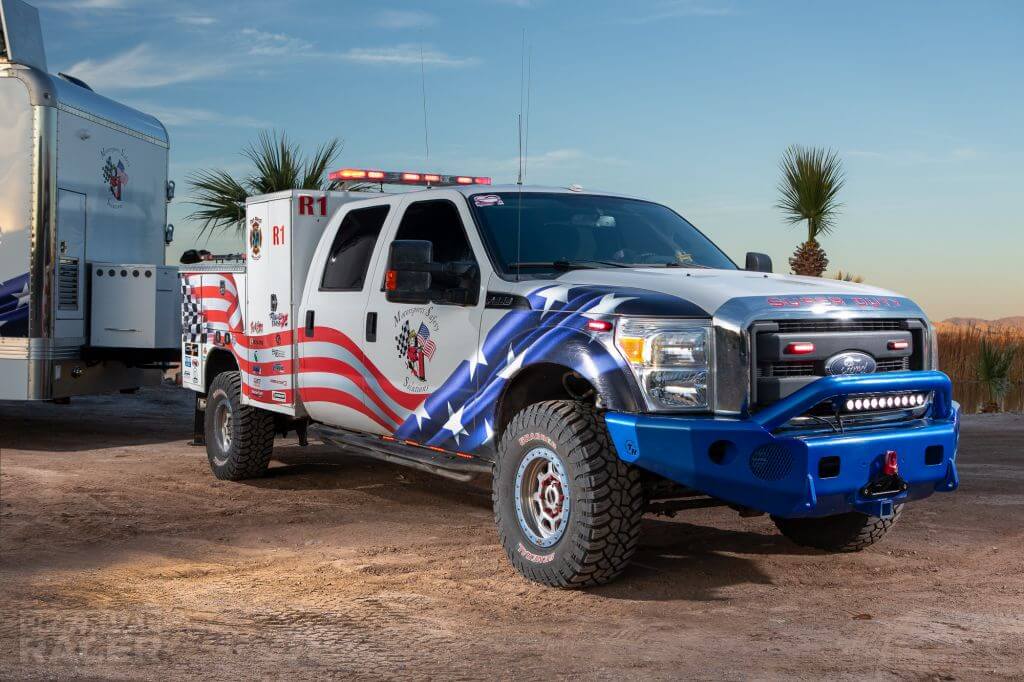
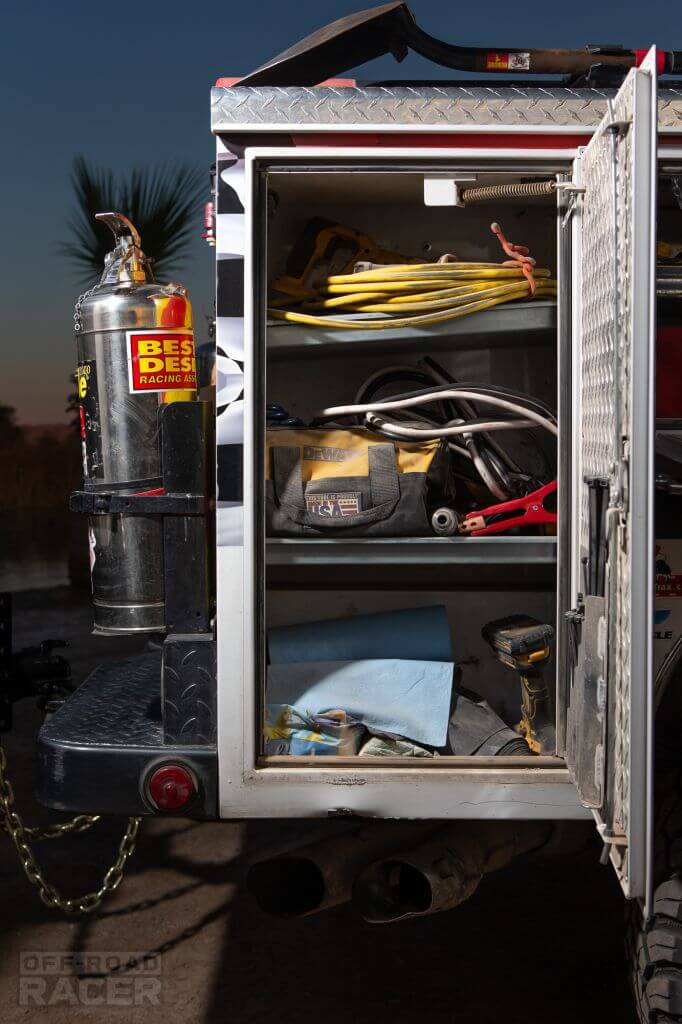
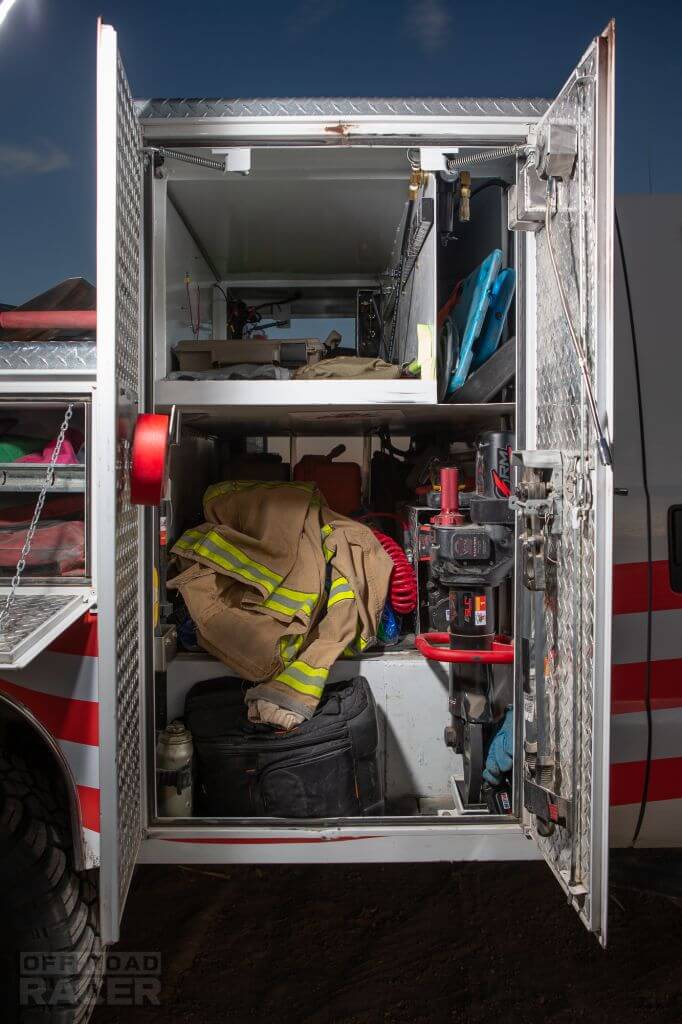
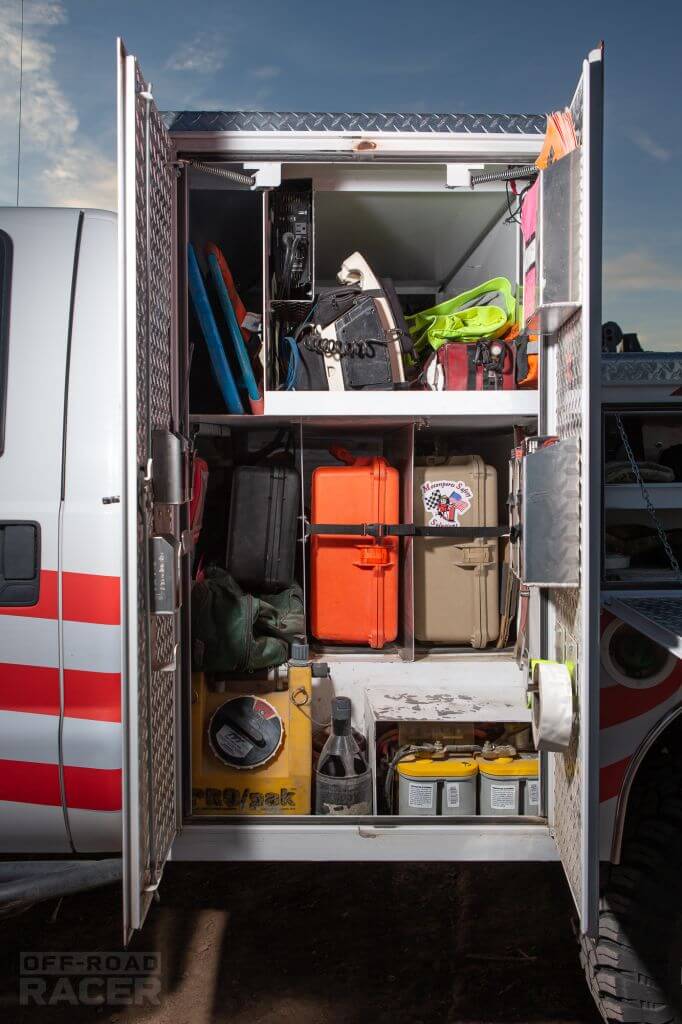
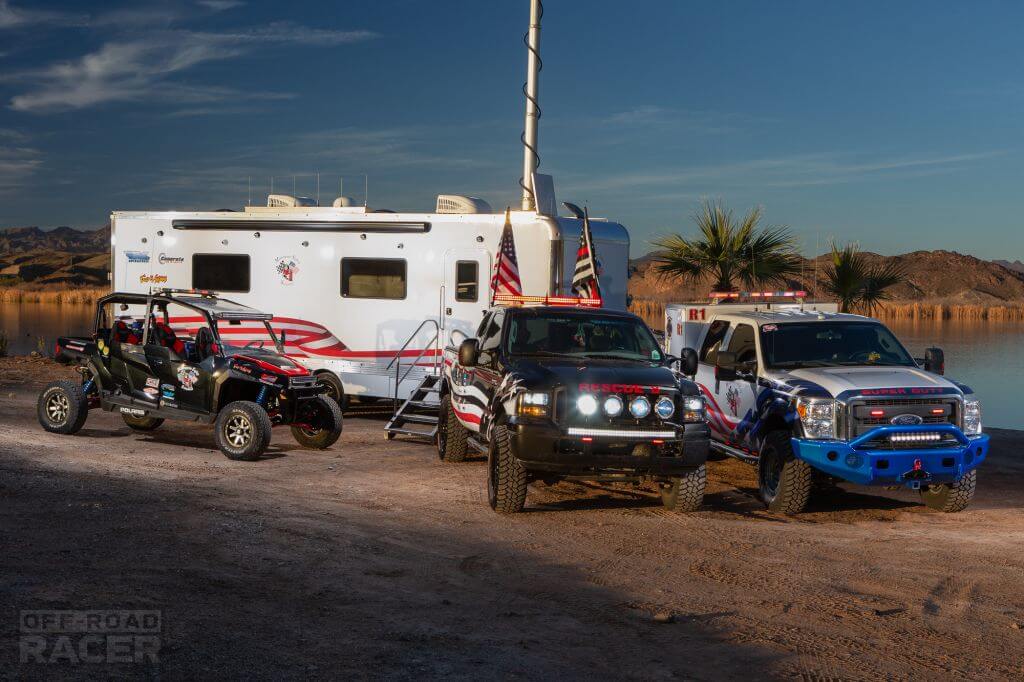
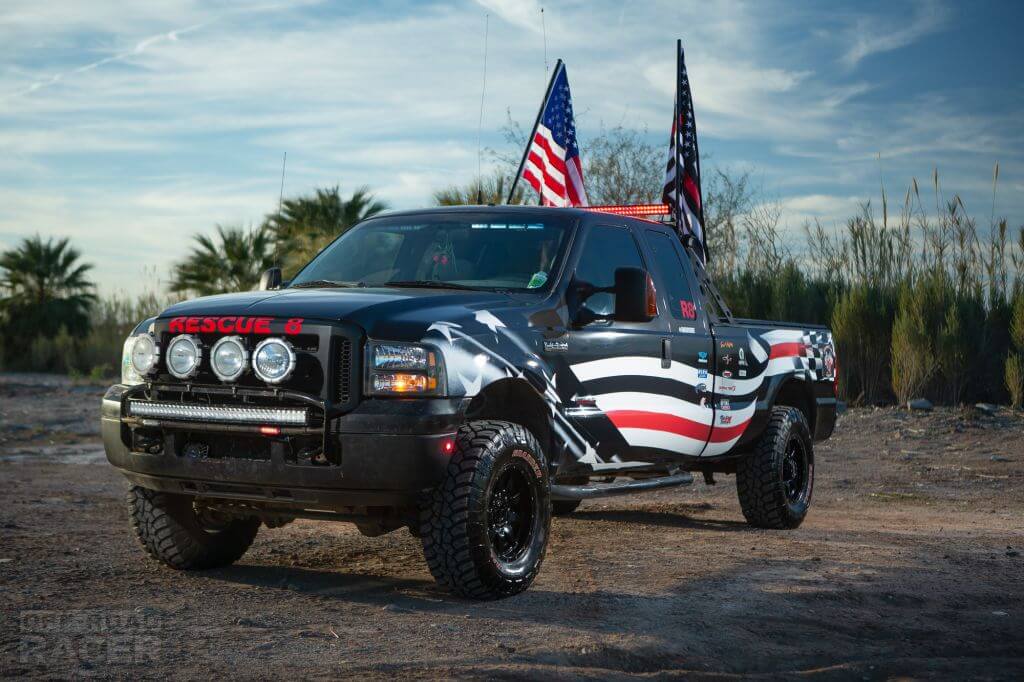
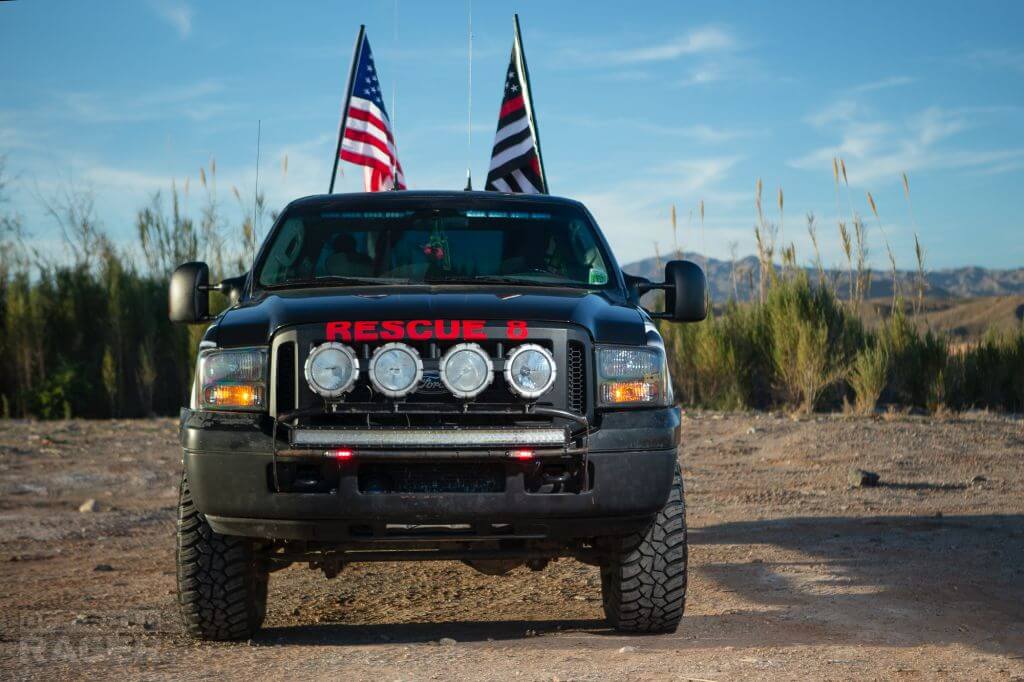
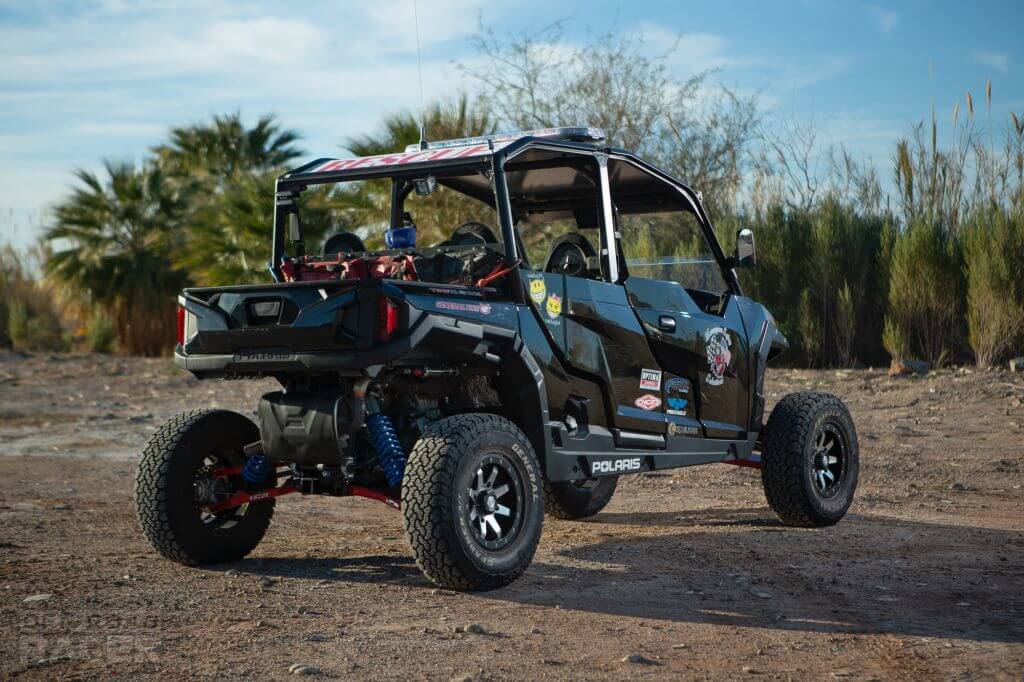
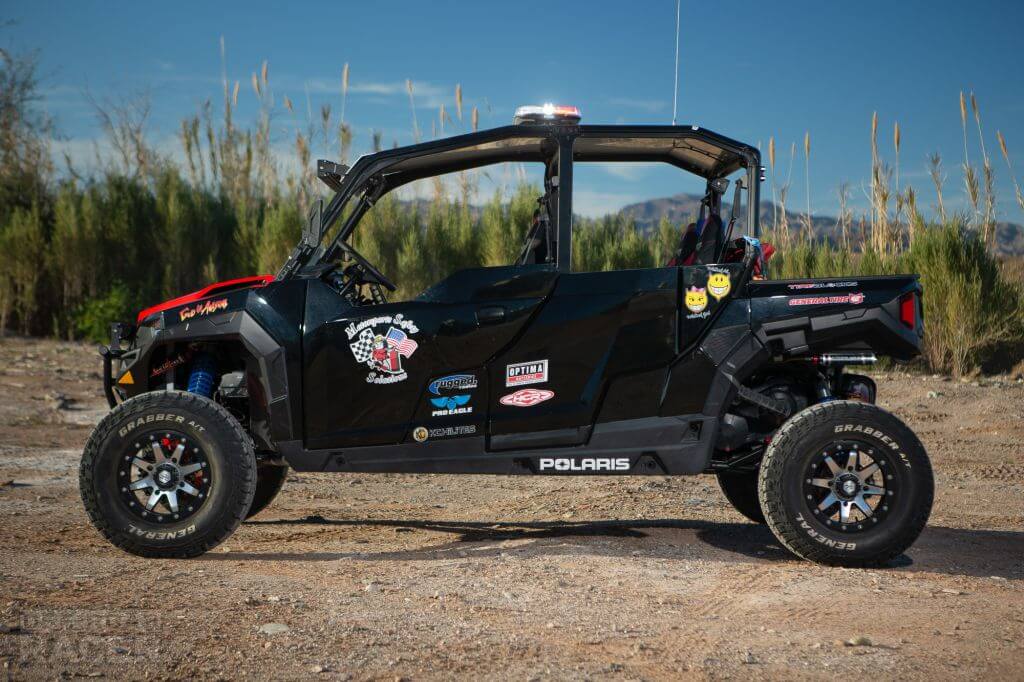
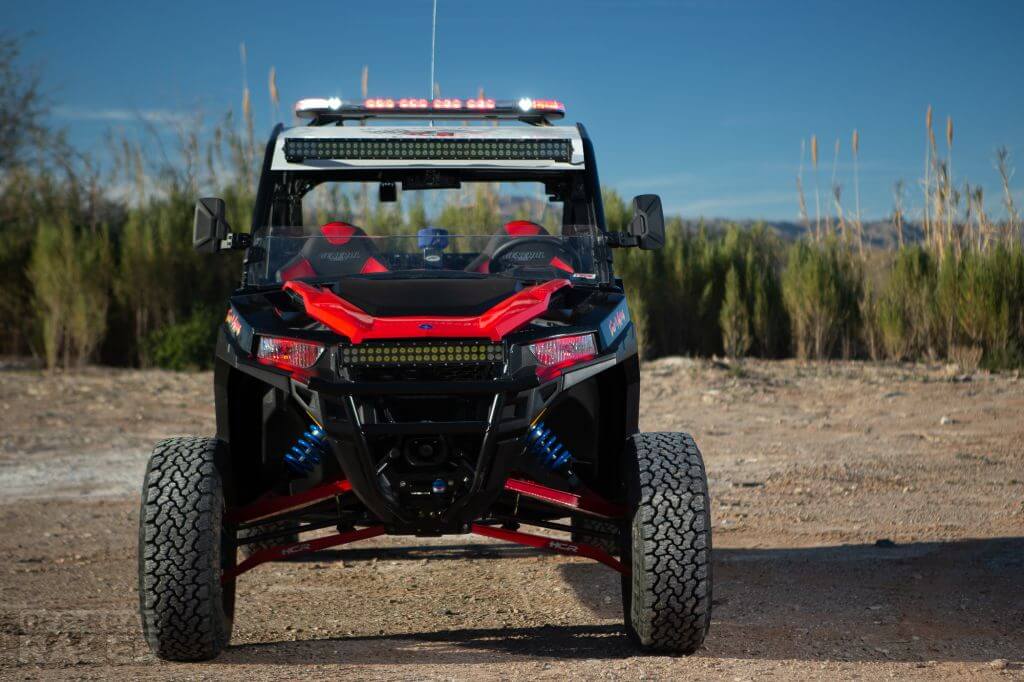
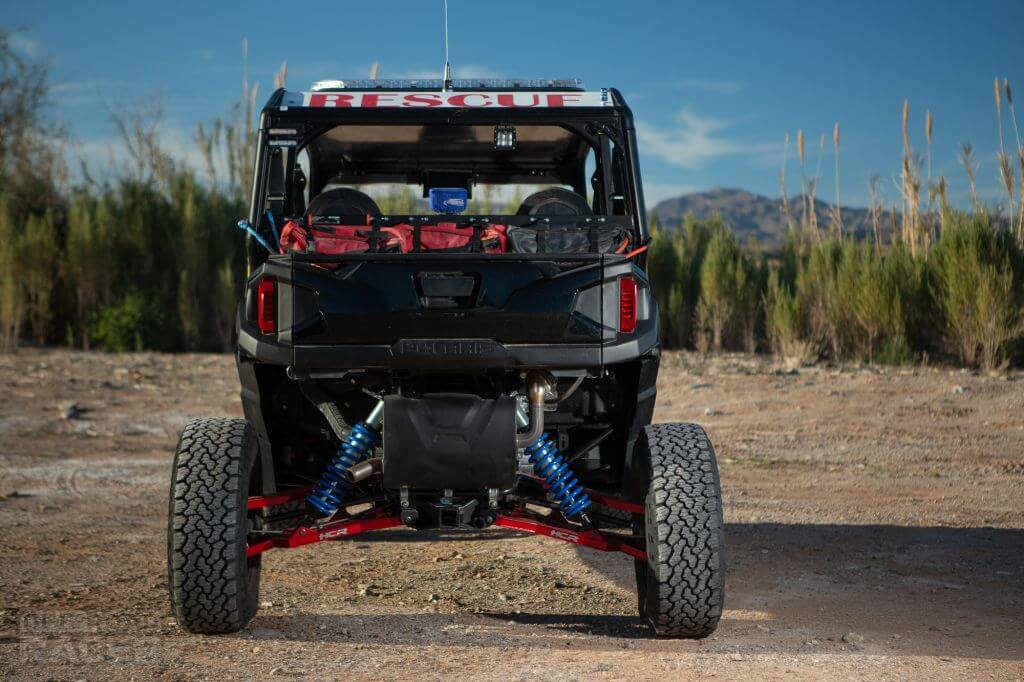
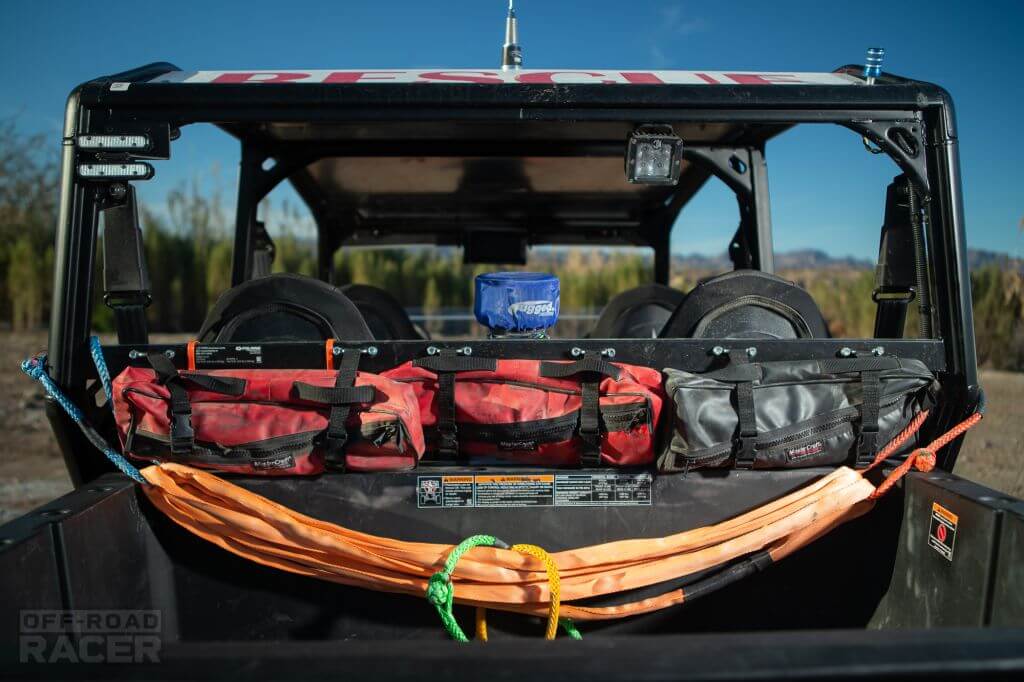
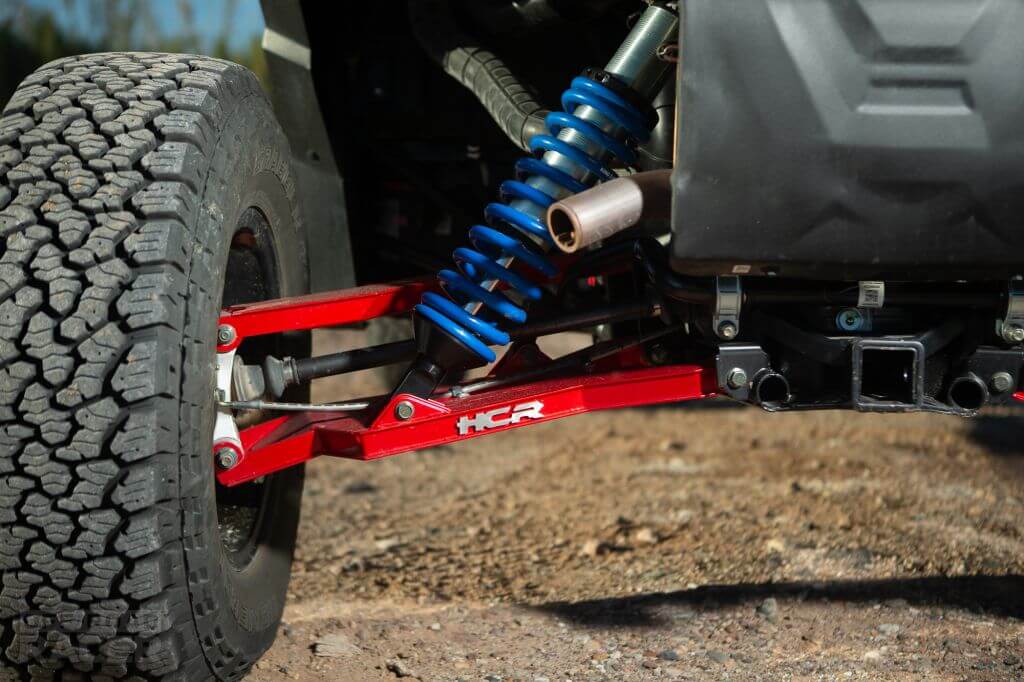
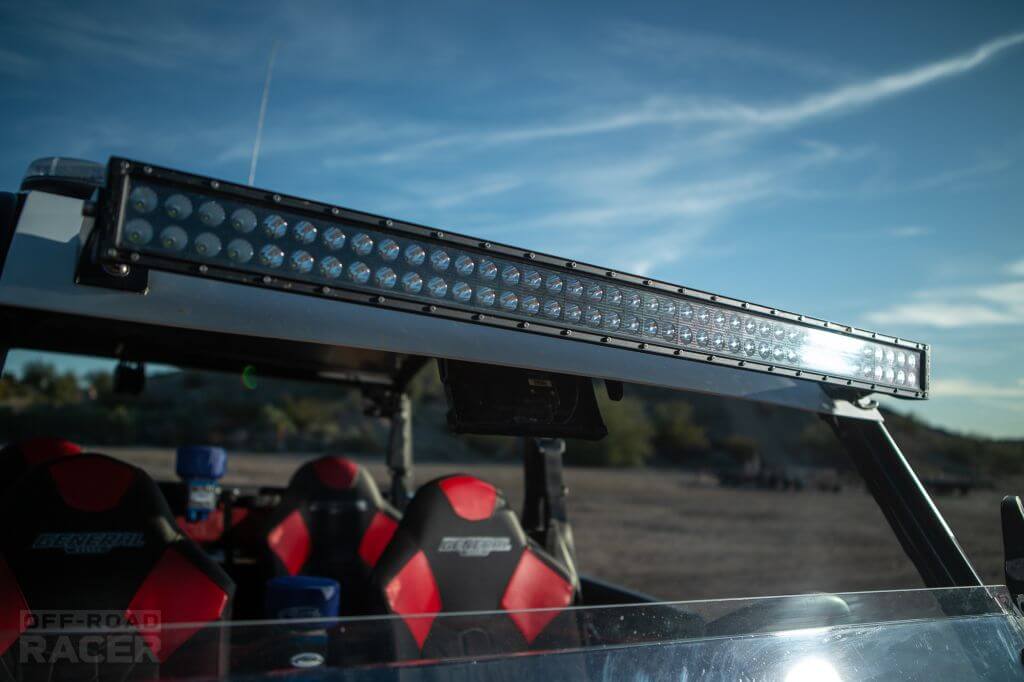
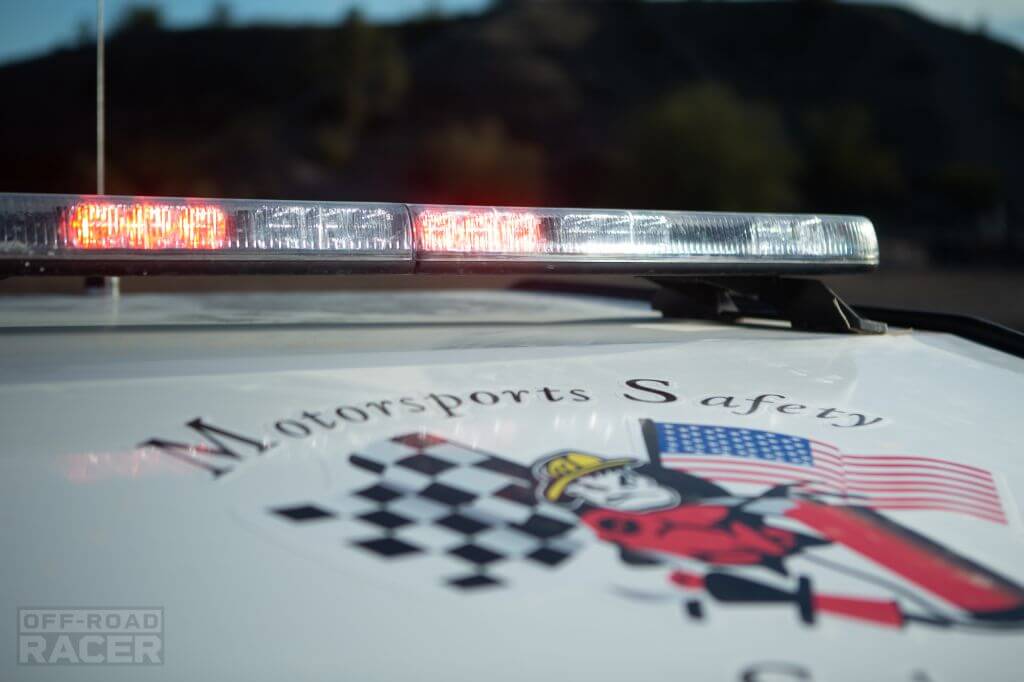
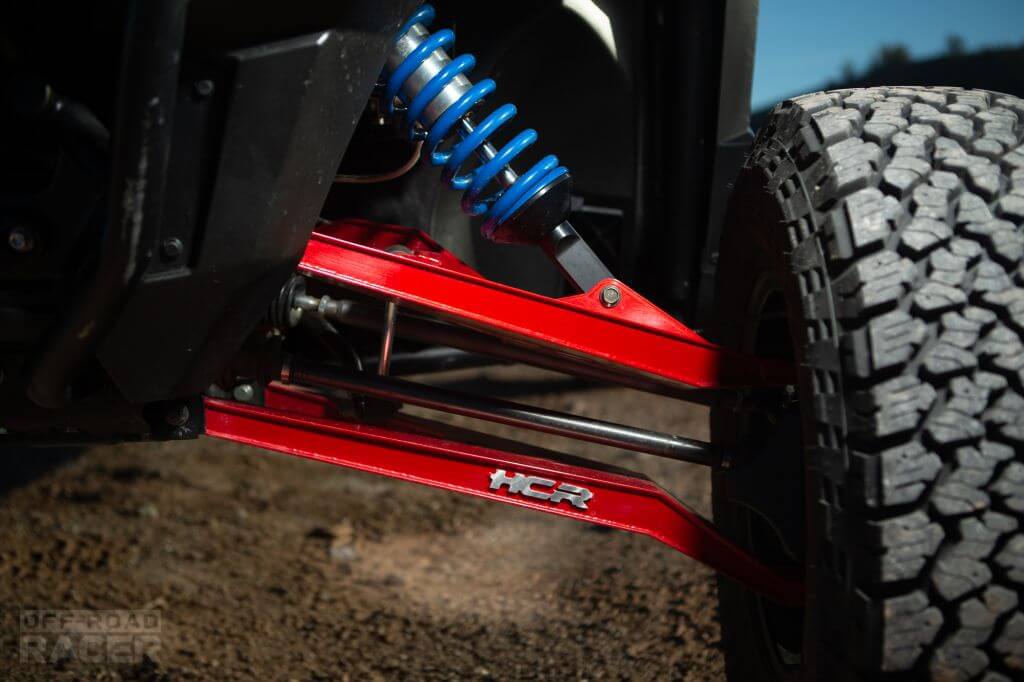
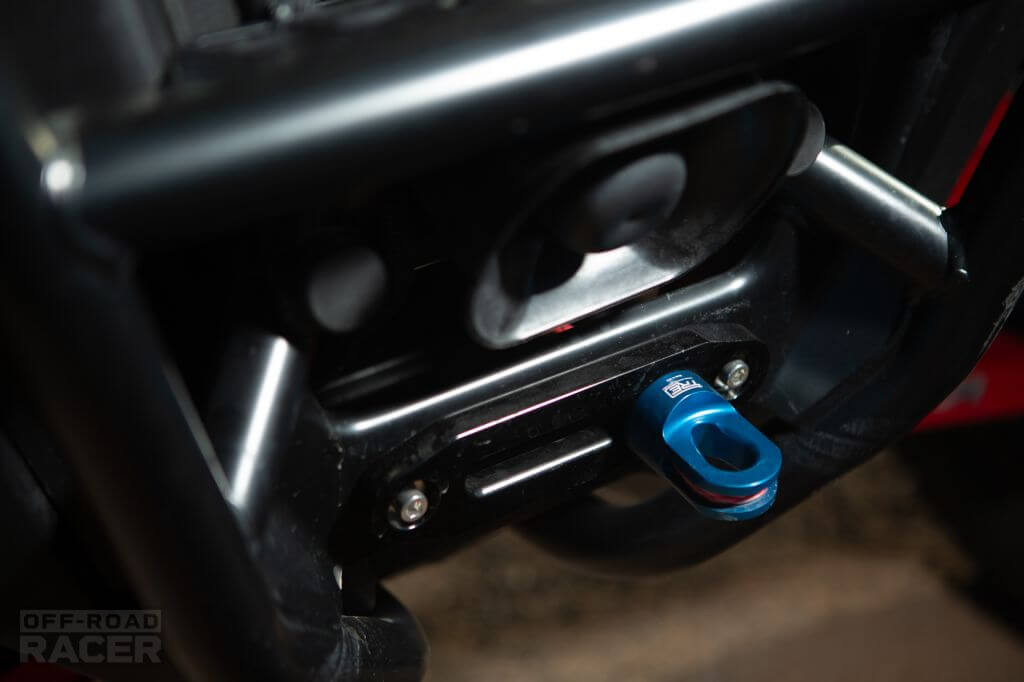
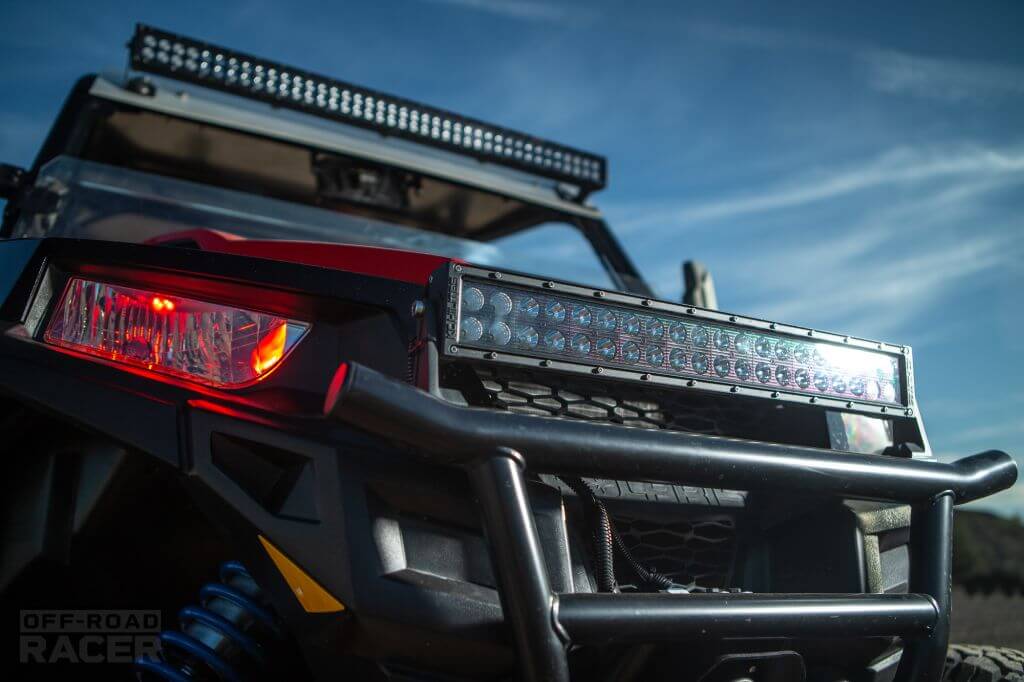
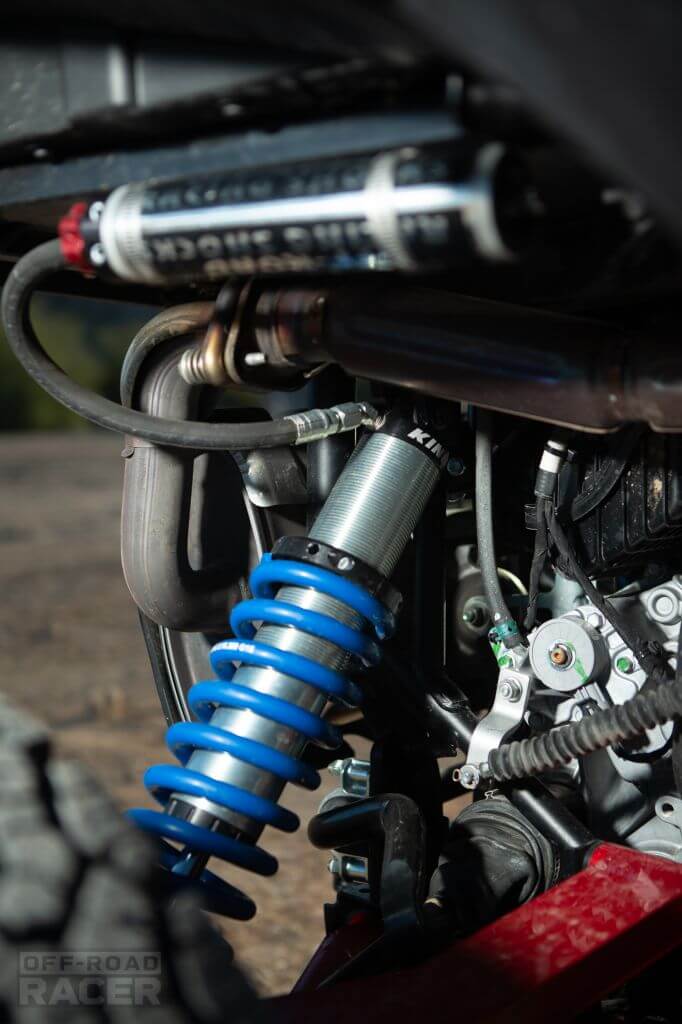
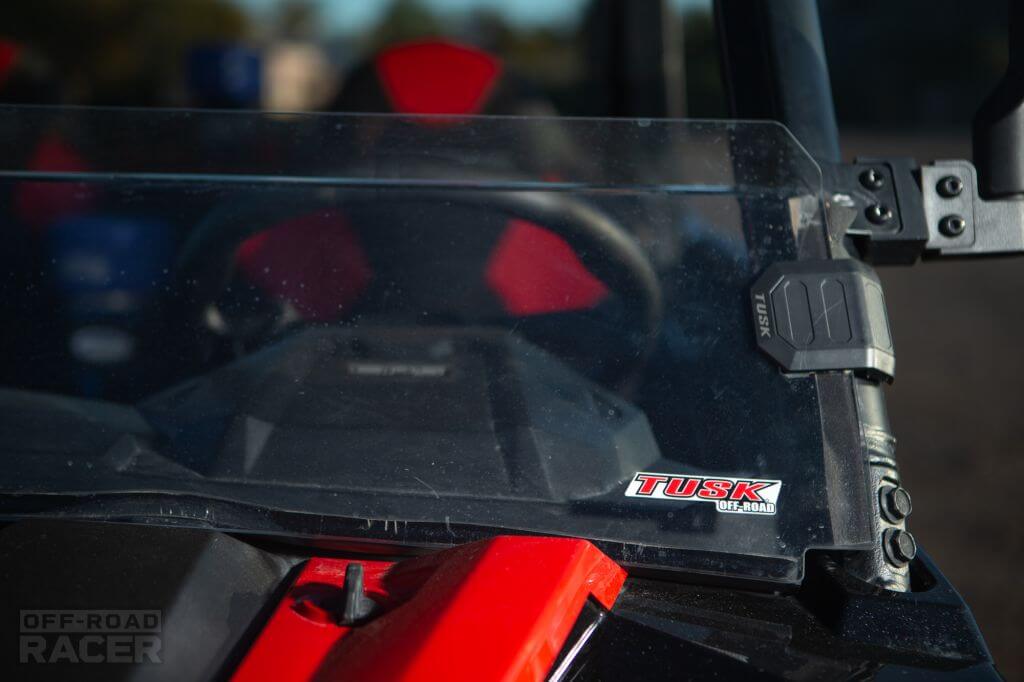
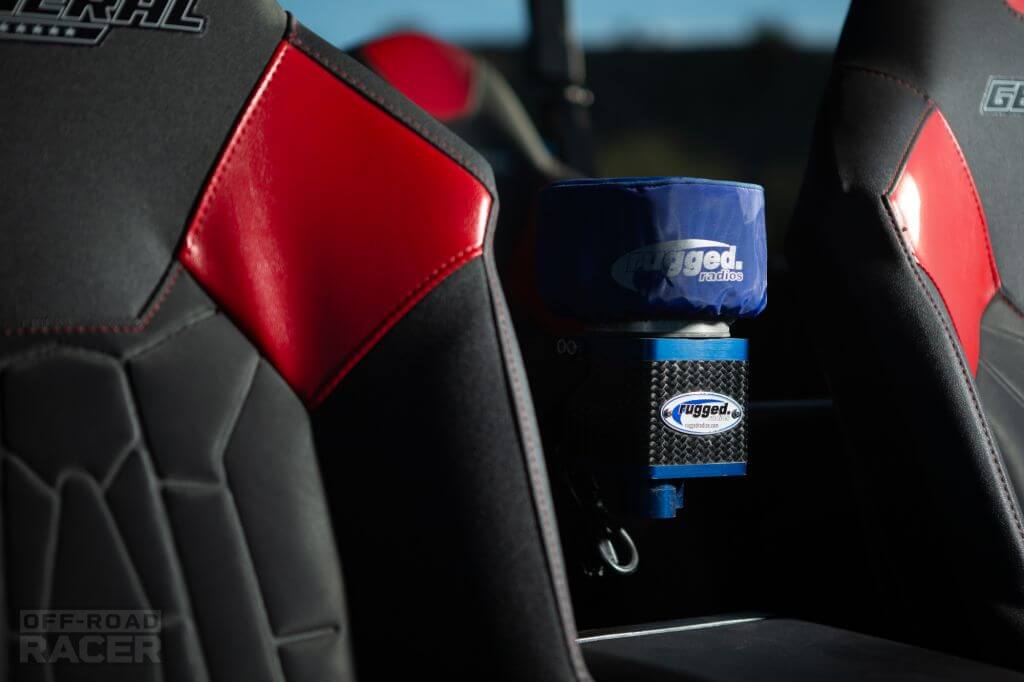
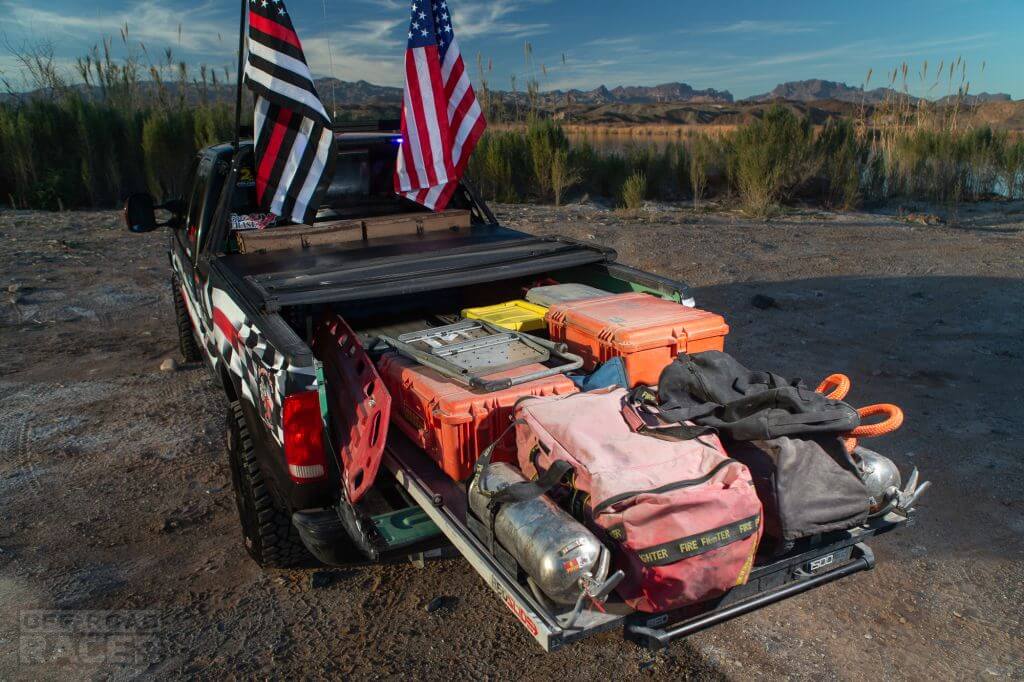
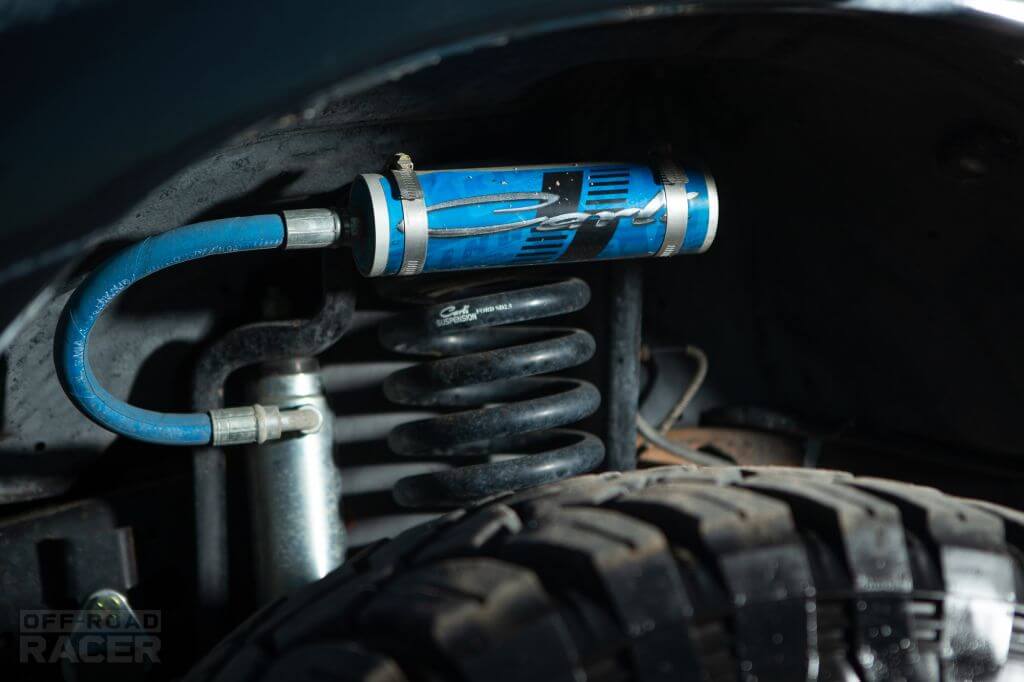
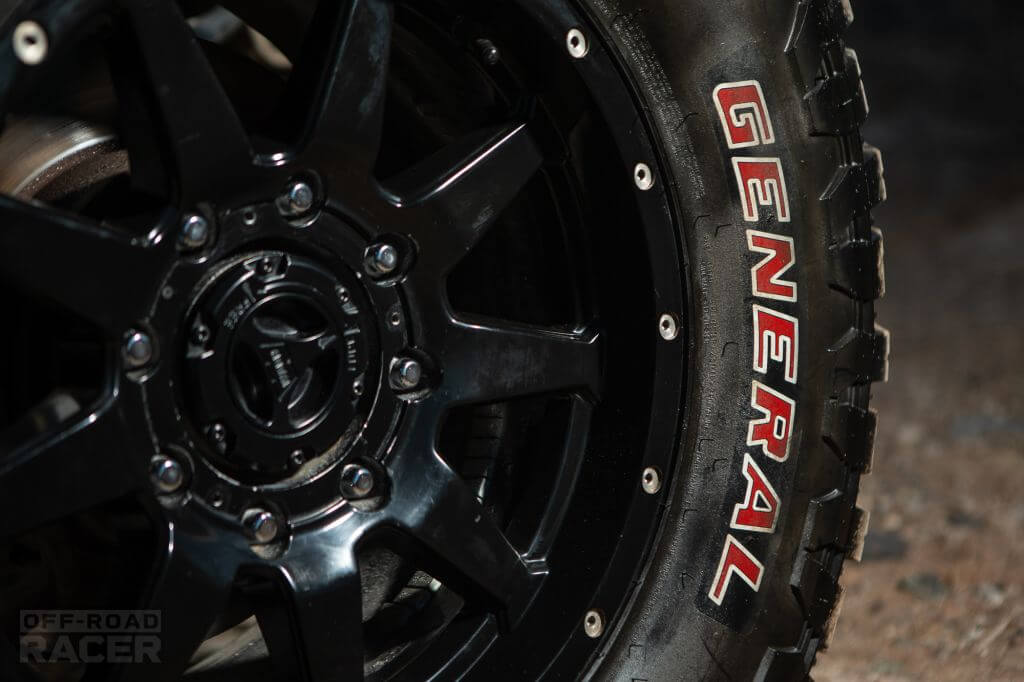
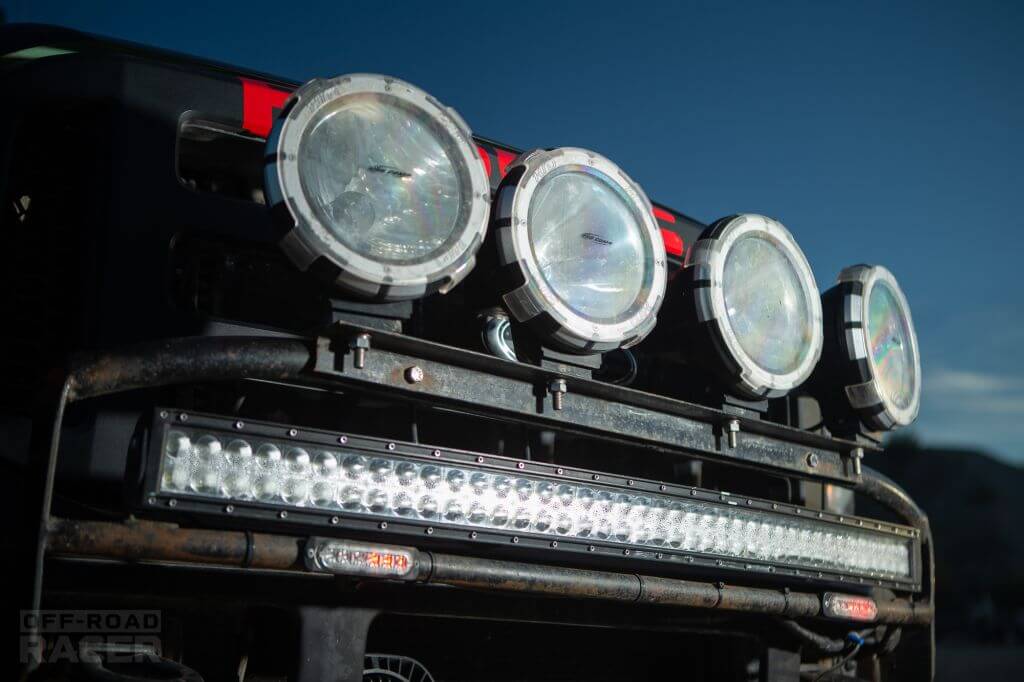
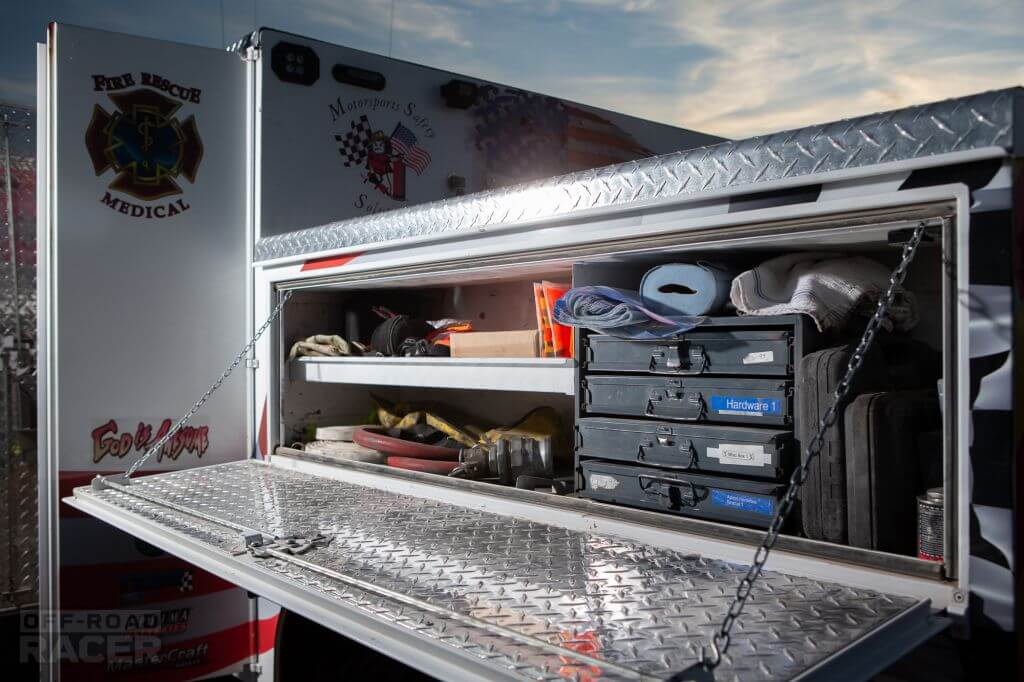
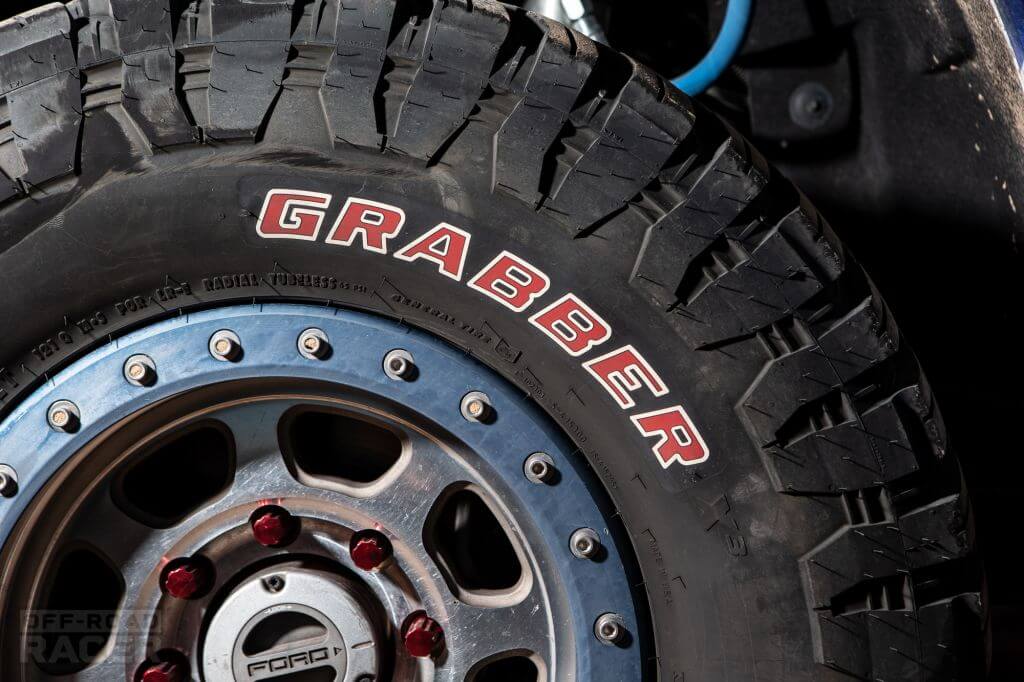
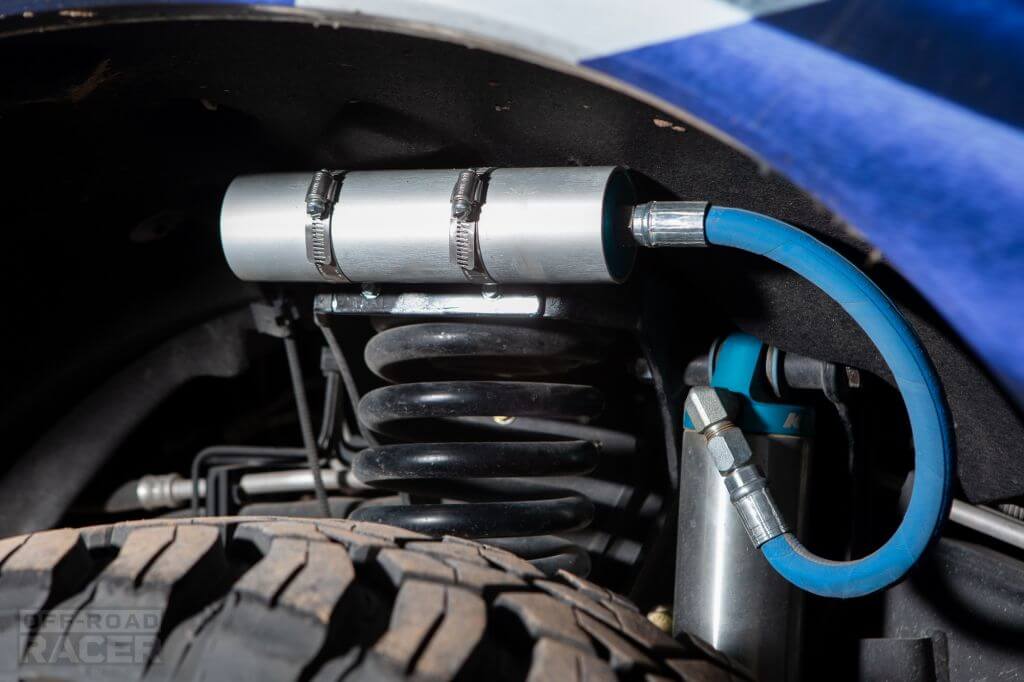
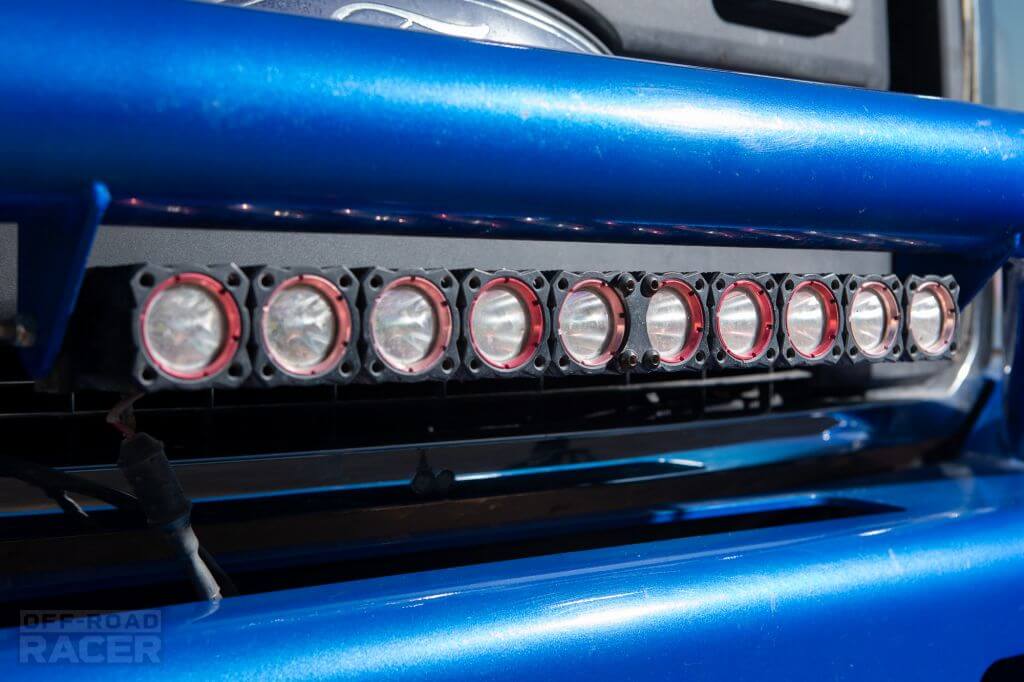
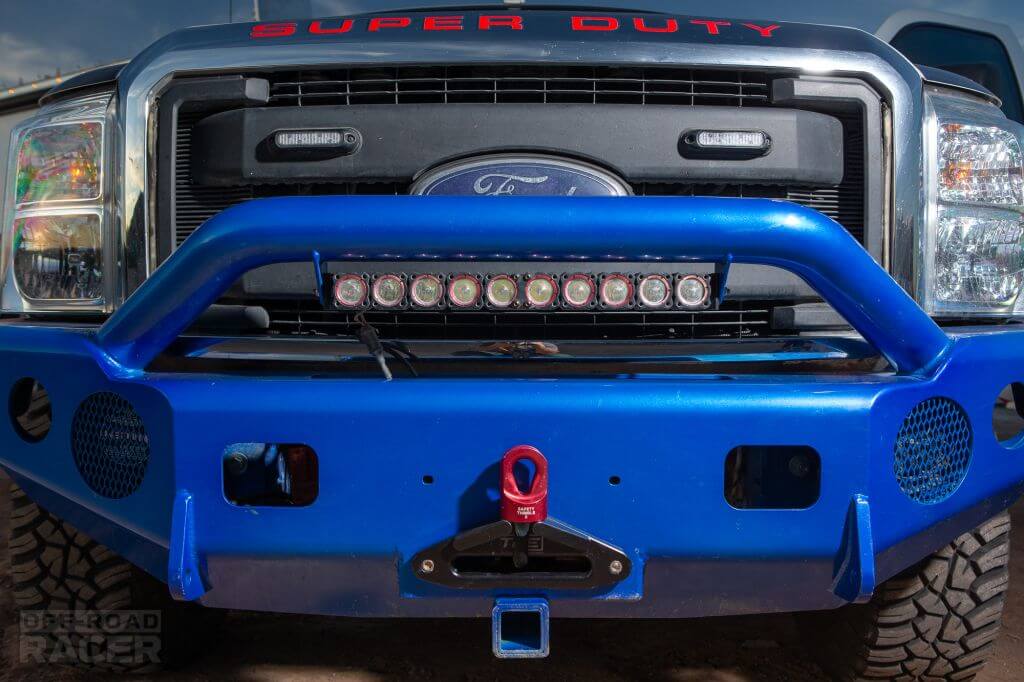
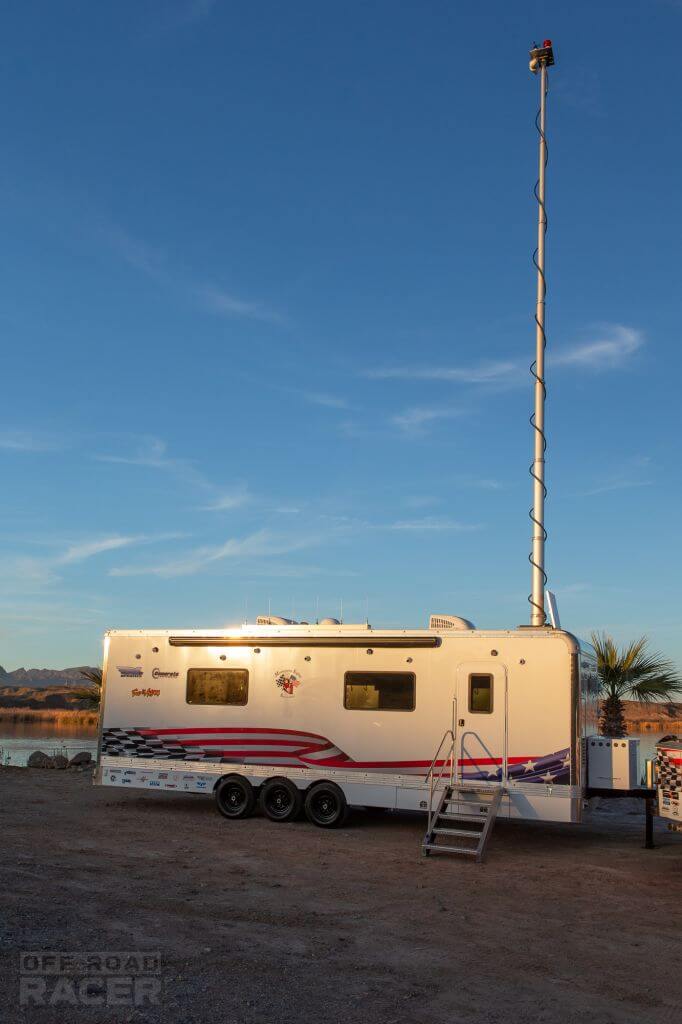
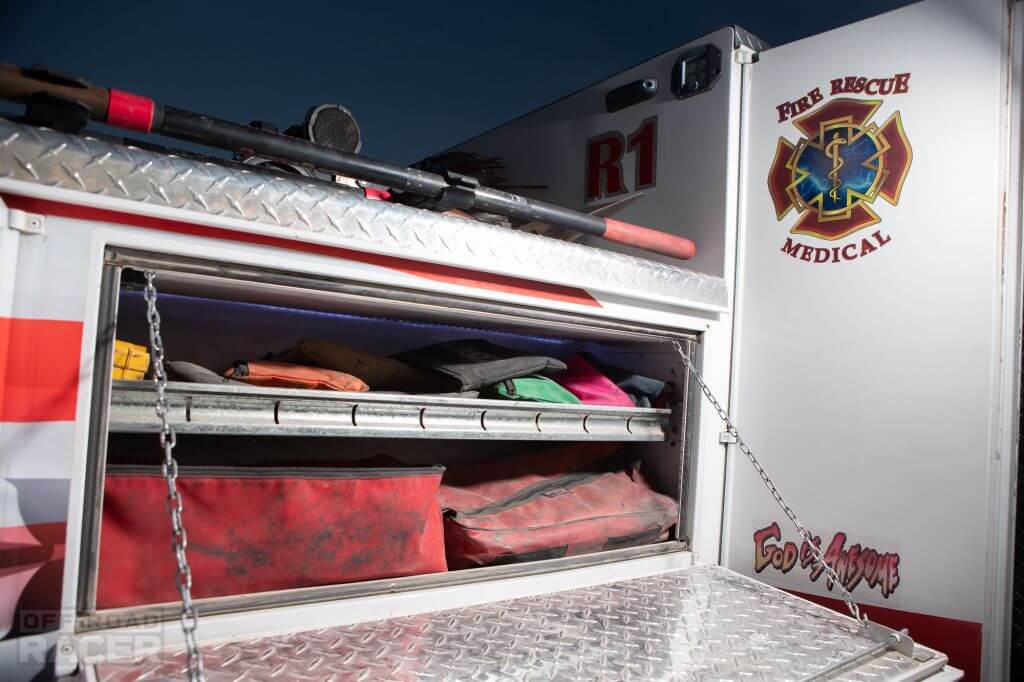
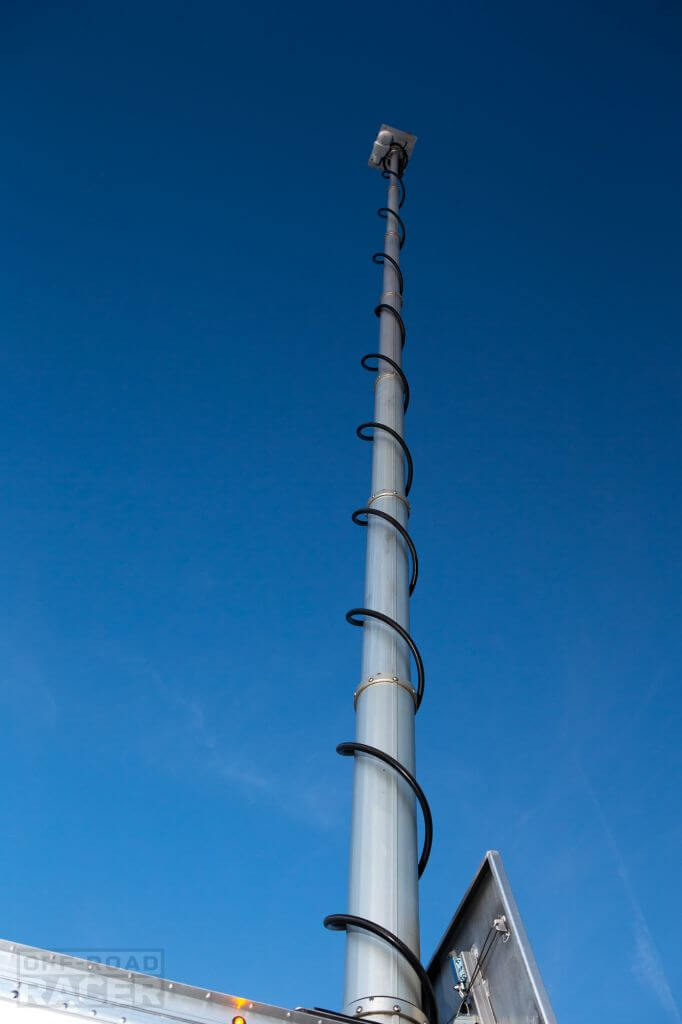
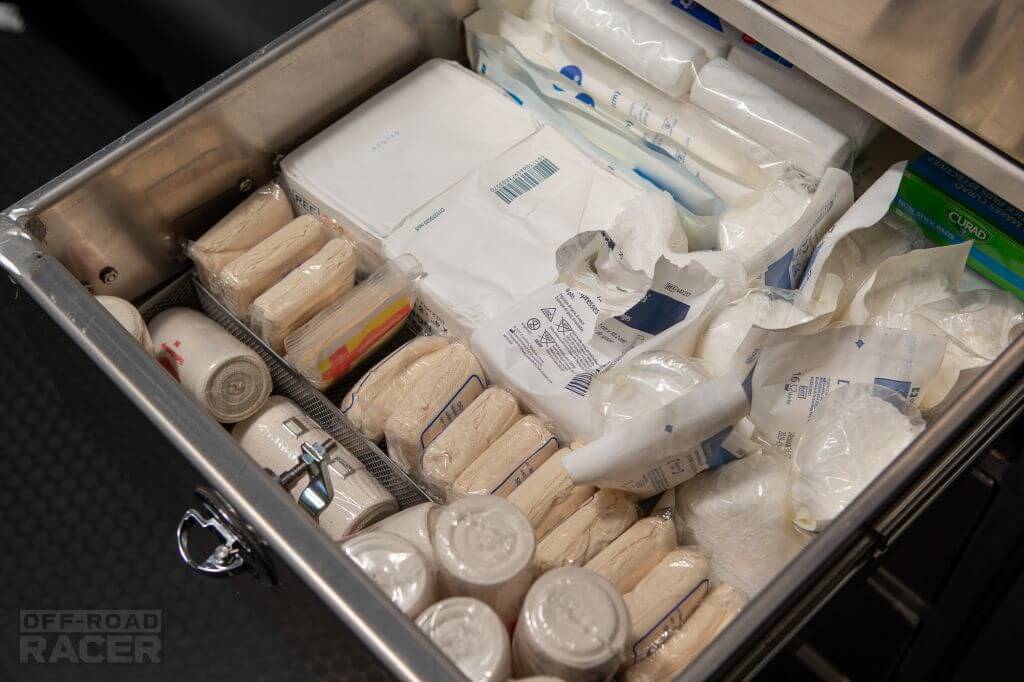
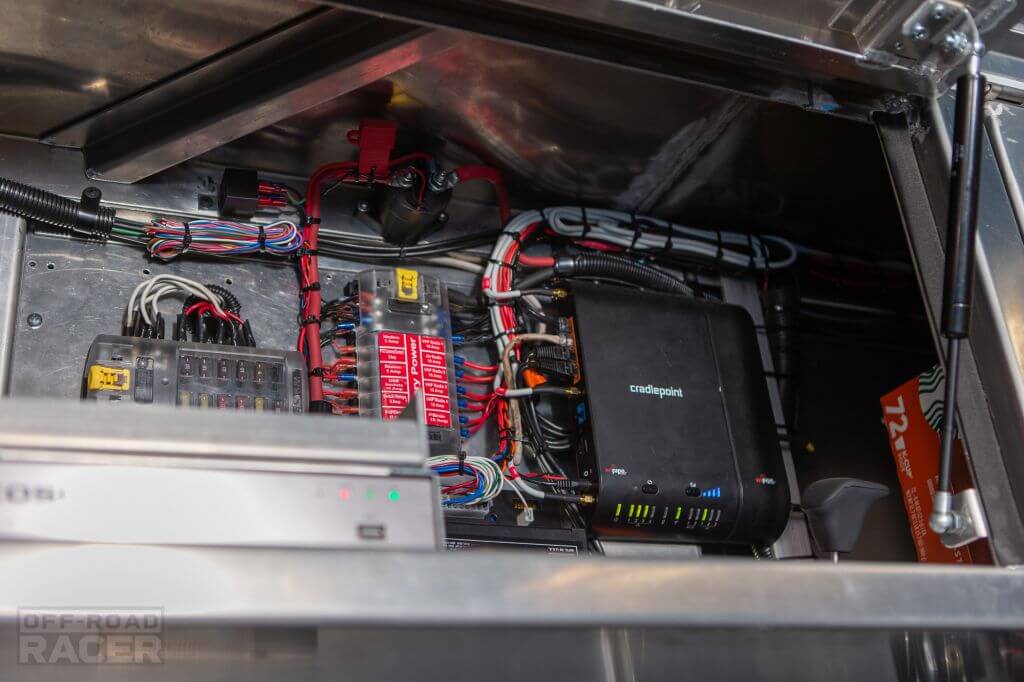
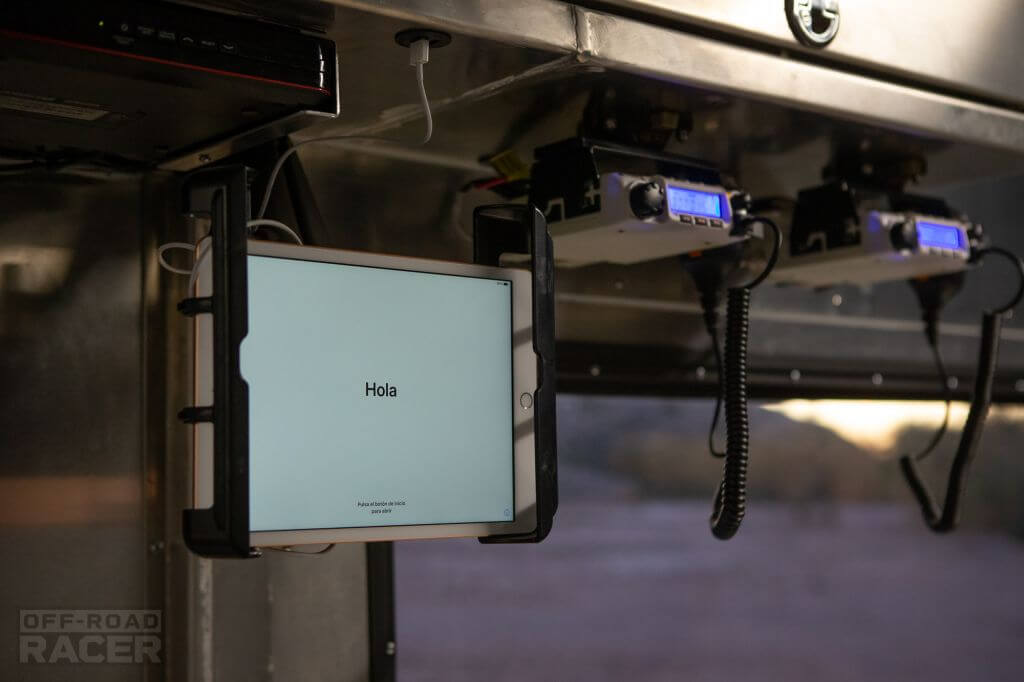
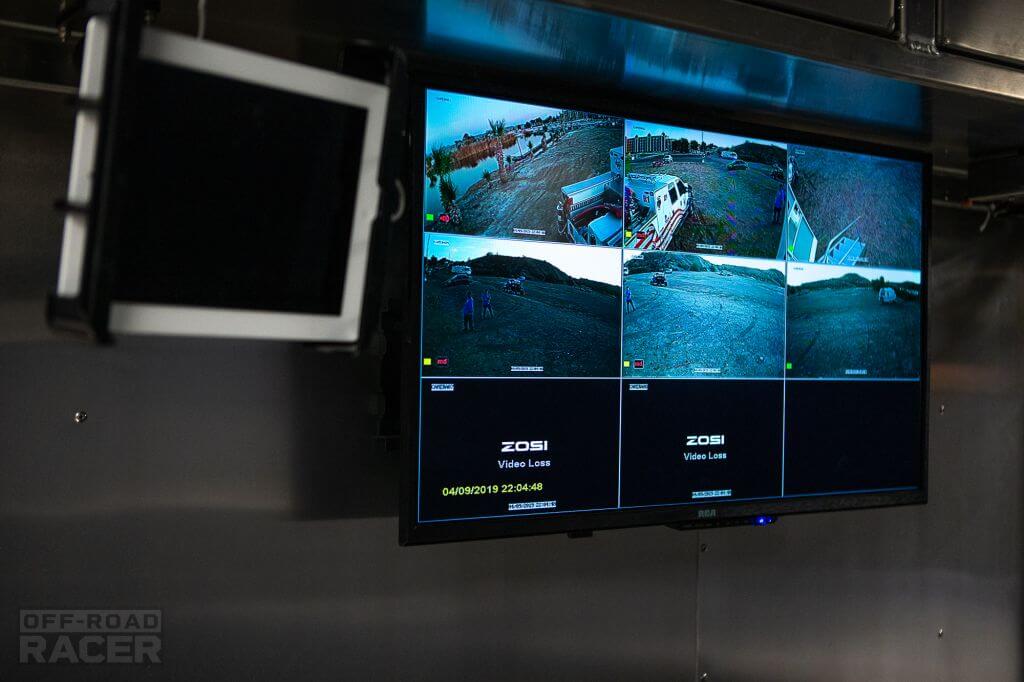
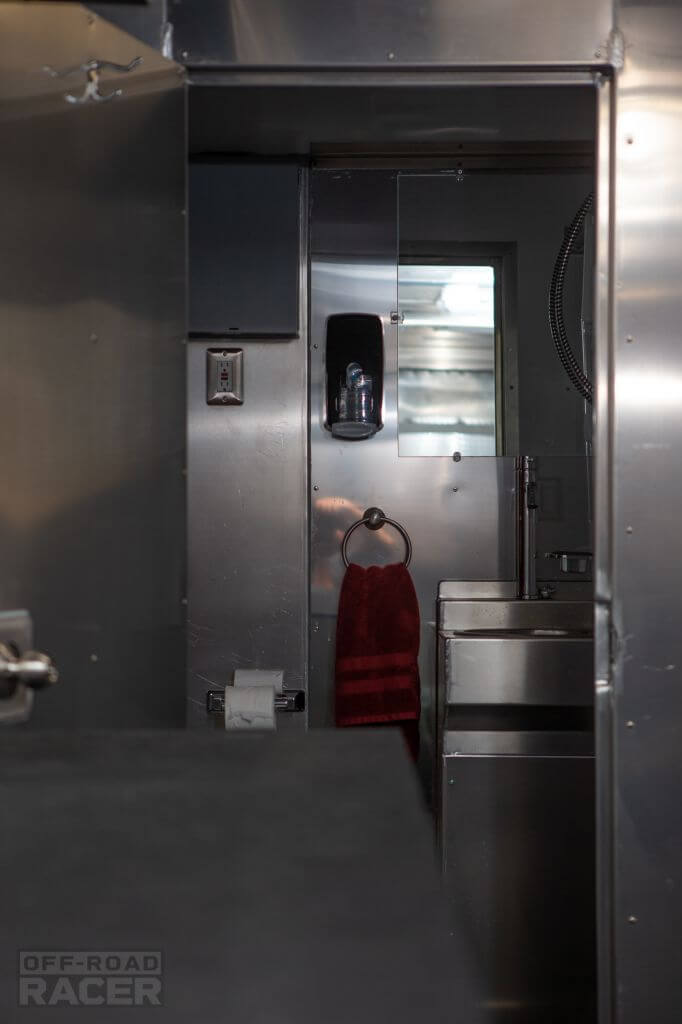
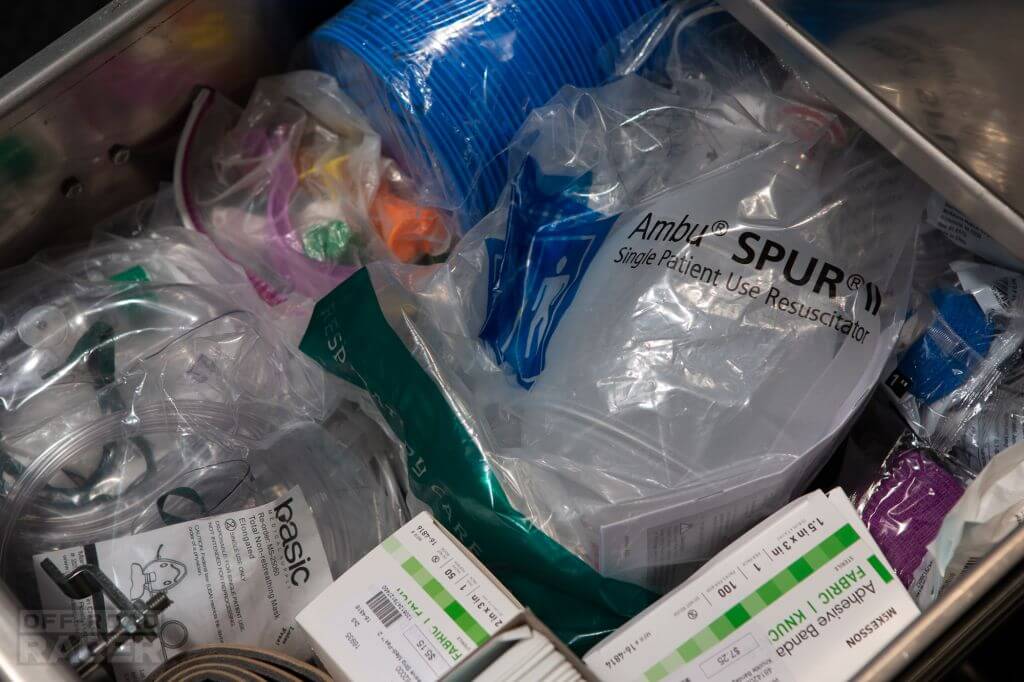
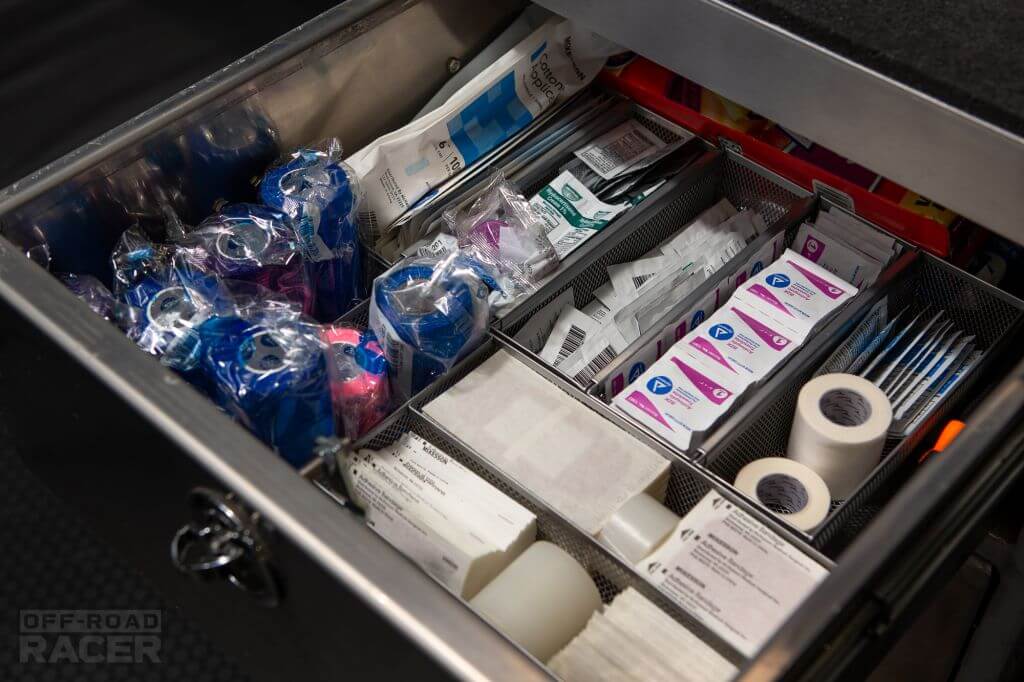
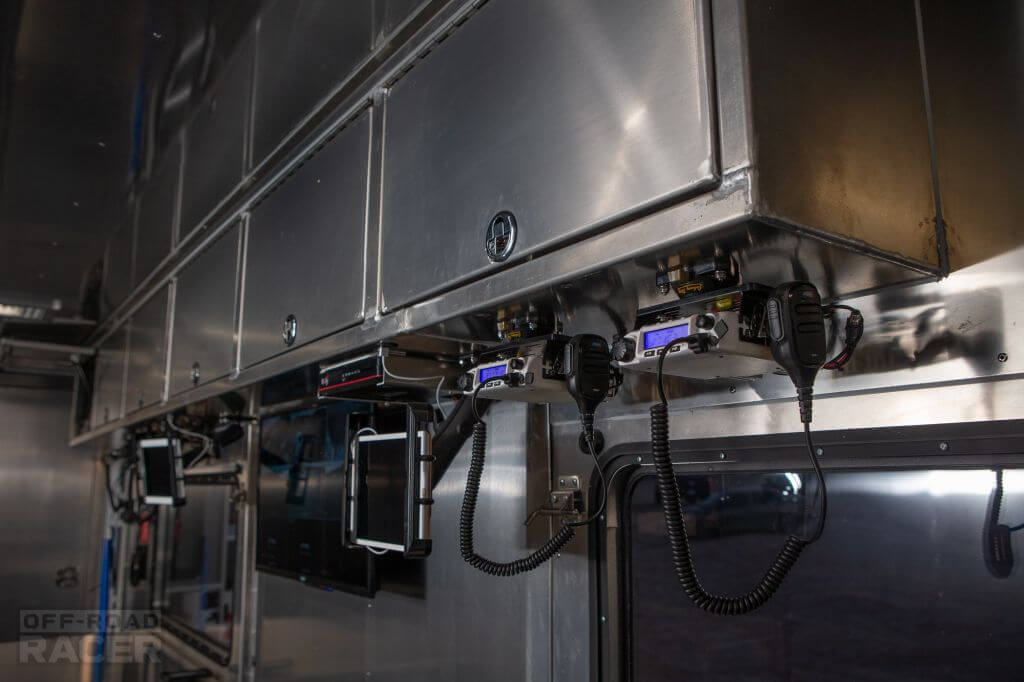
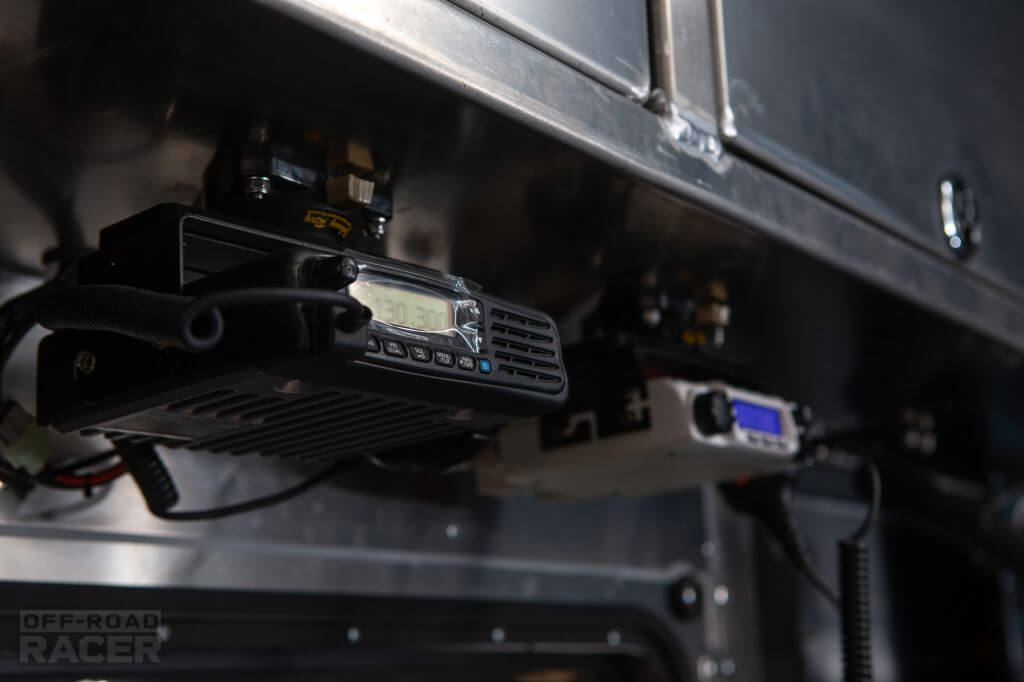
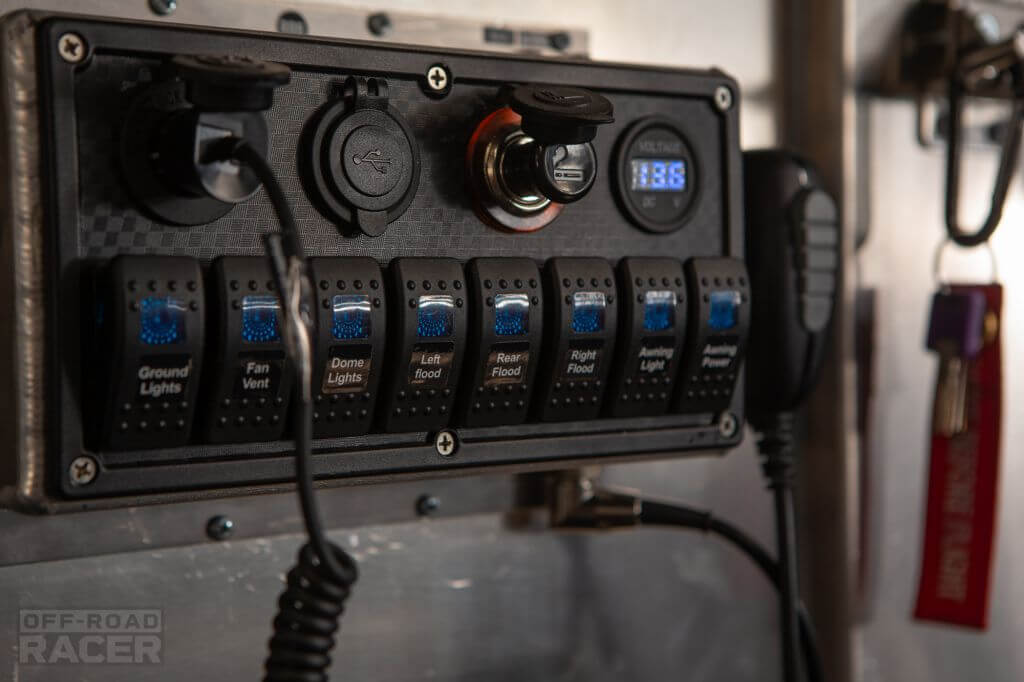
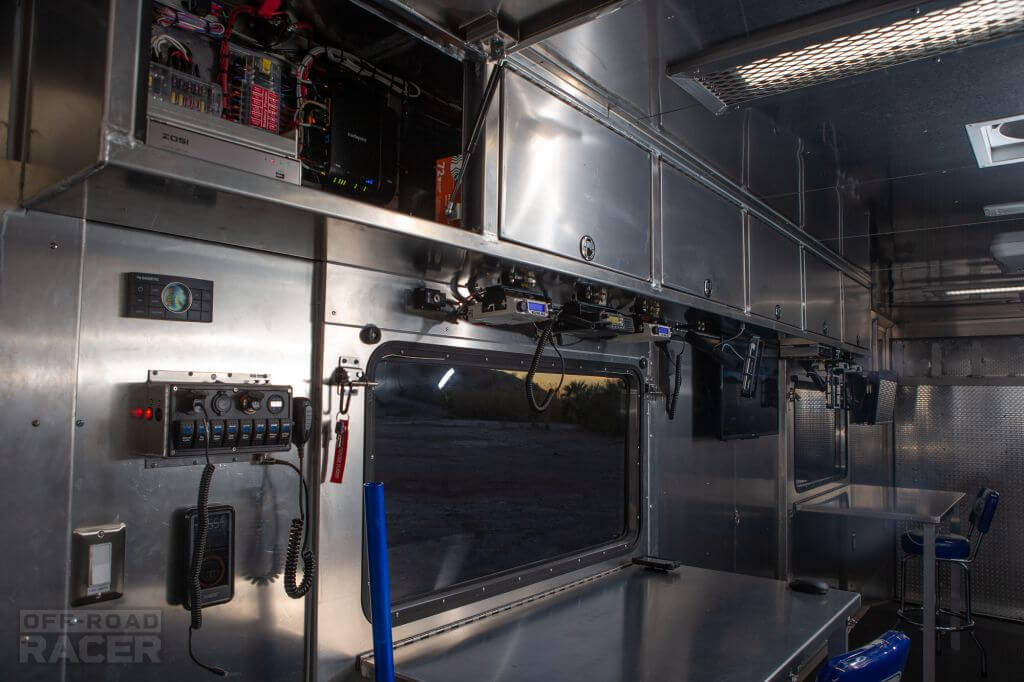
Pingback: ทำความรู้จักกับ SlotXO เว็บตรง
Pingback: RacingTraX to Provide Tracking Services for 2024 UNLTD Season | OffRoadRacer.com
Pingback: เดิมพันอีสปอร์ต LSM99
Pingback: More Help